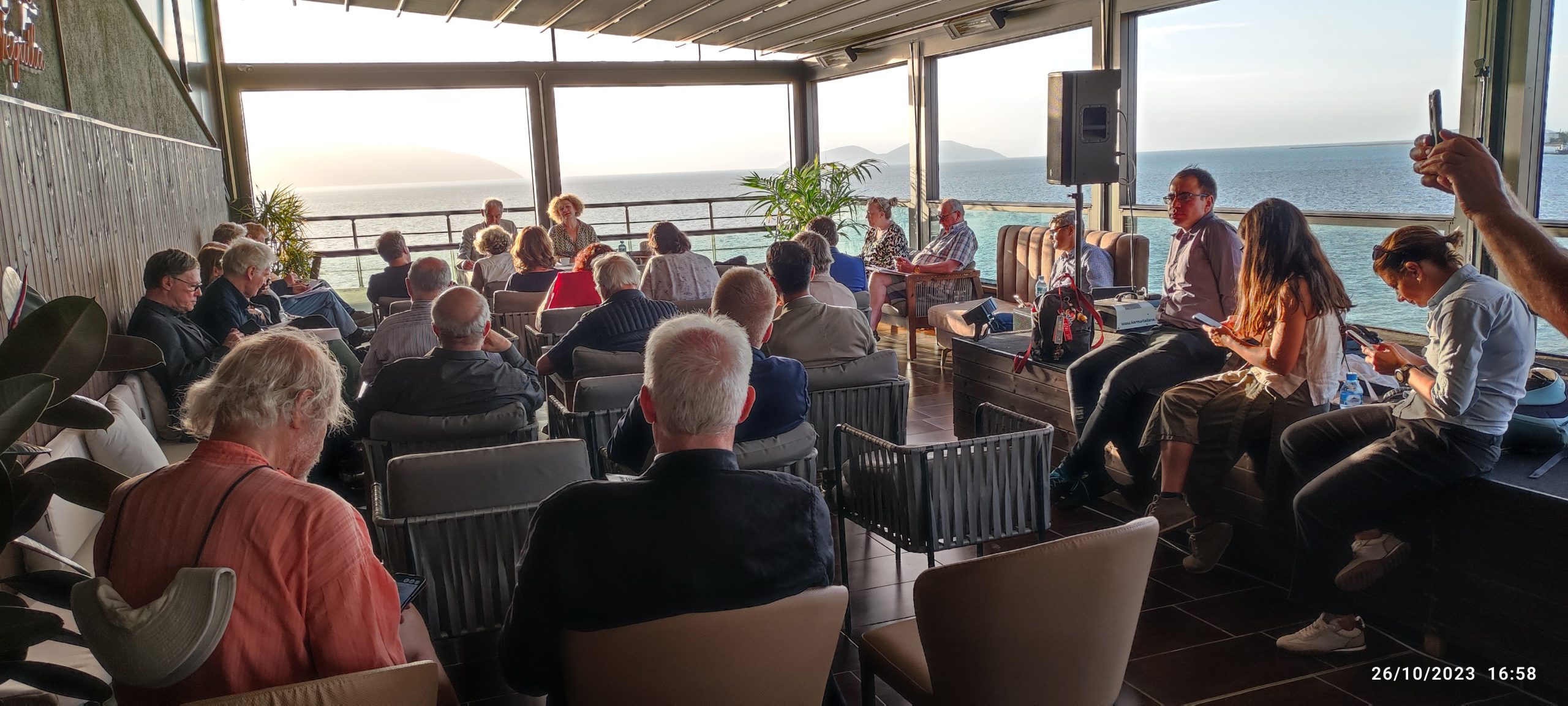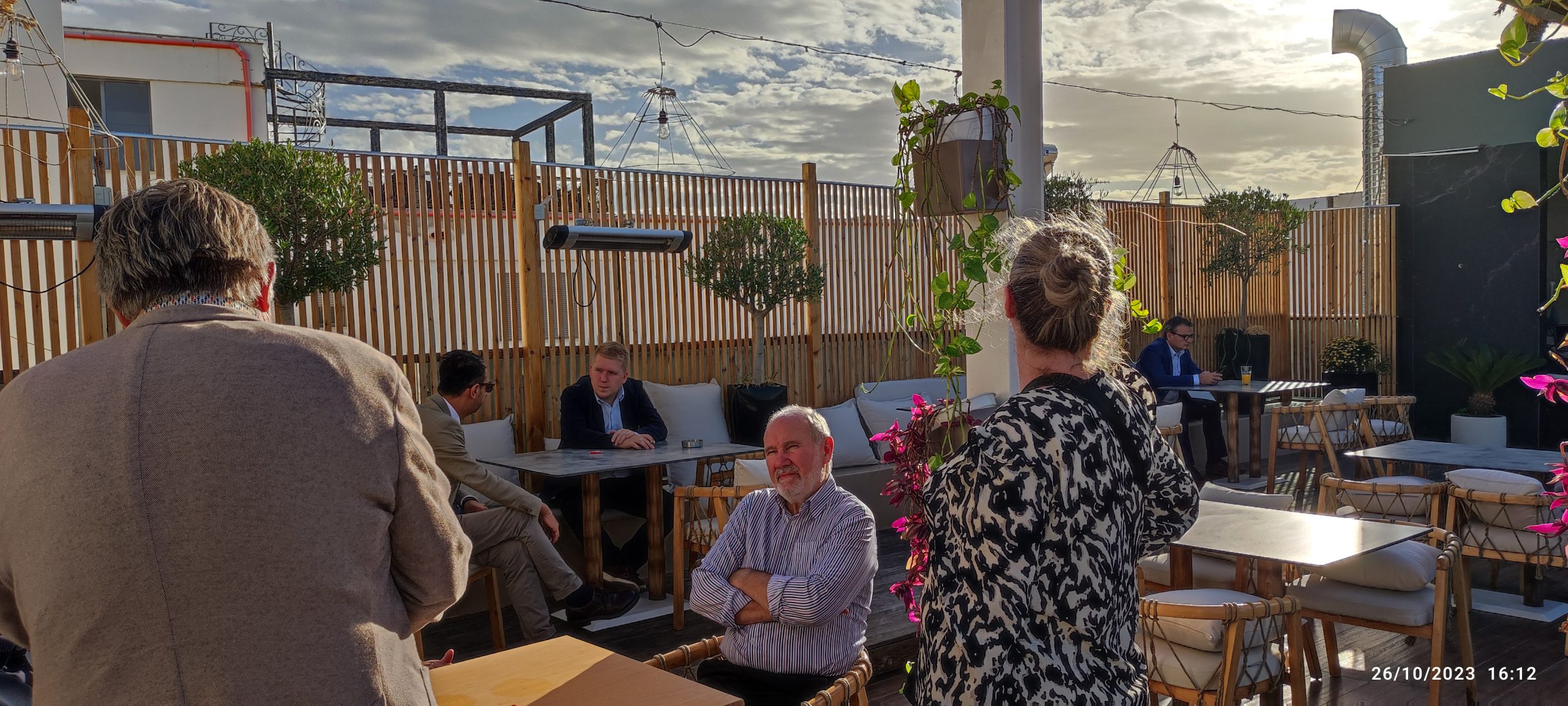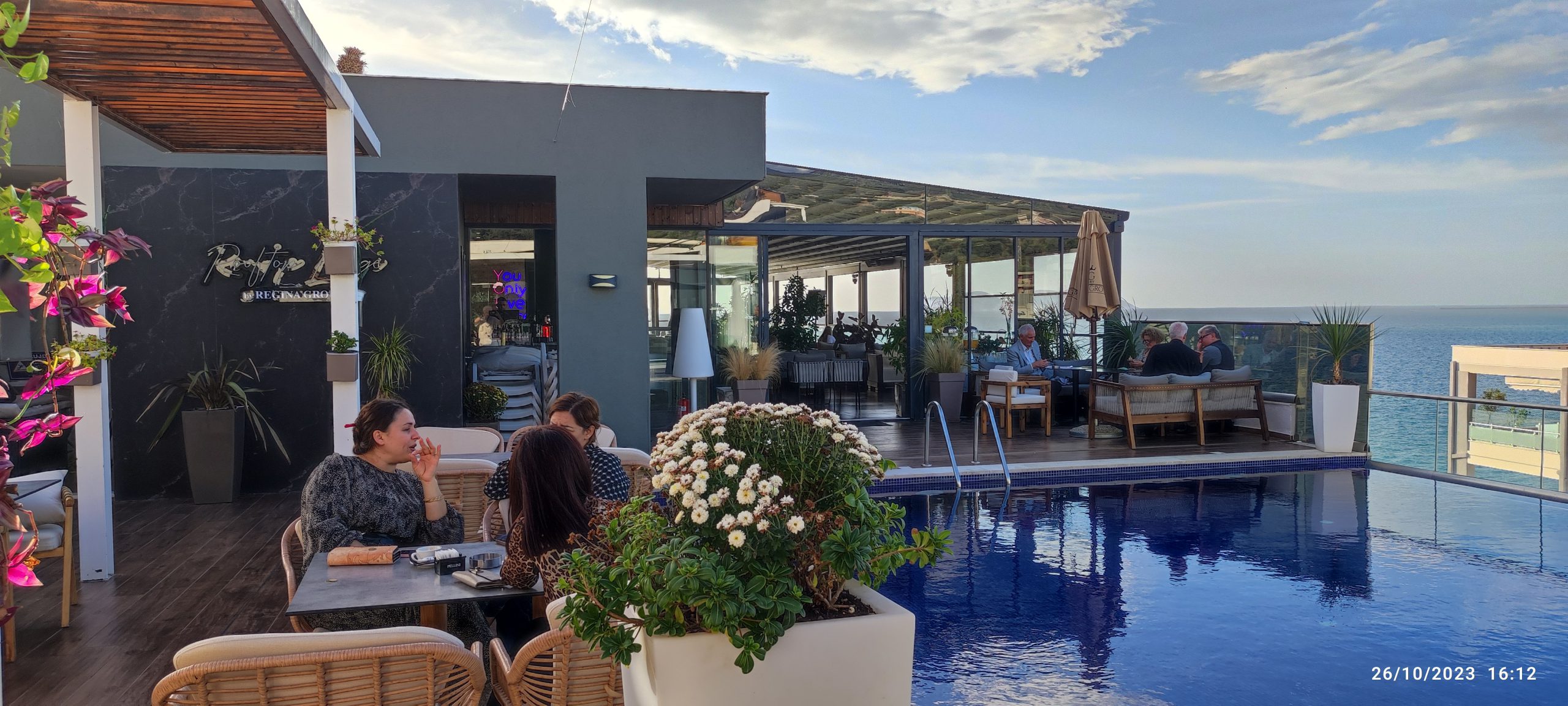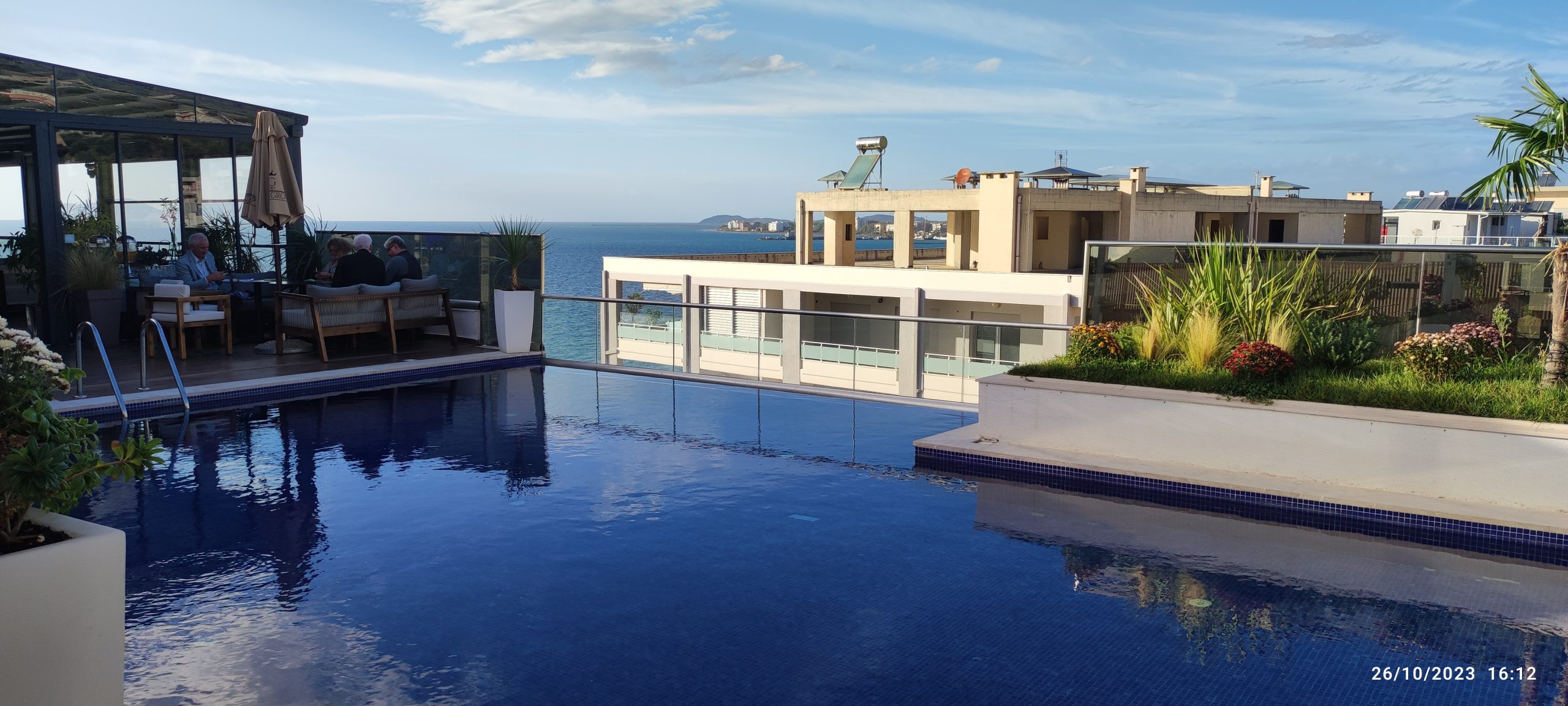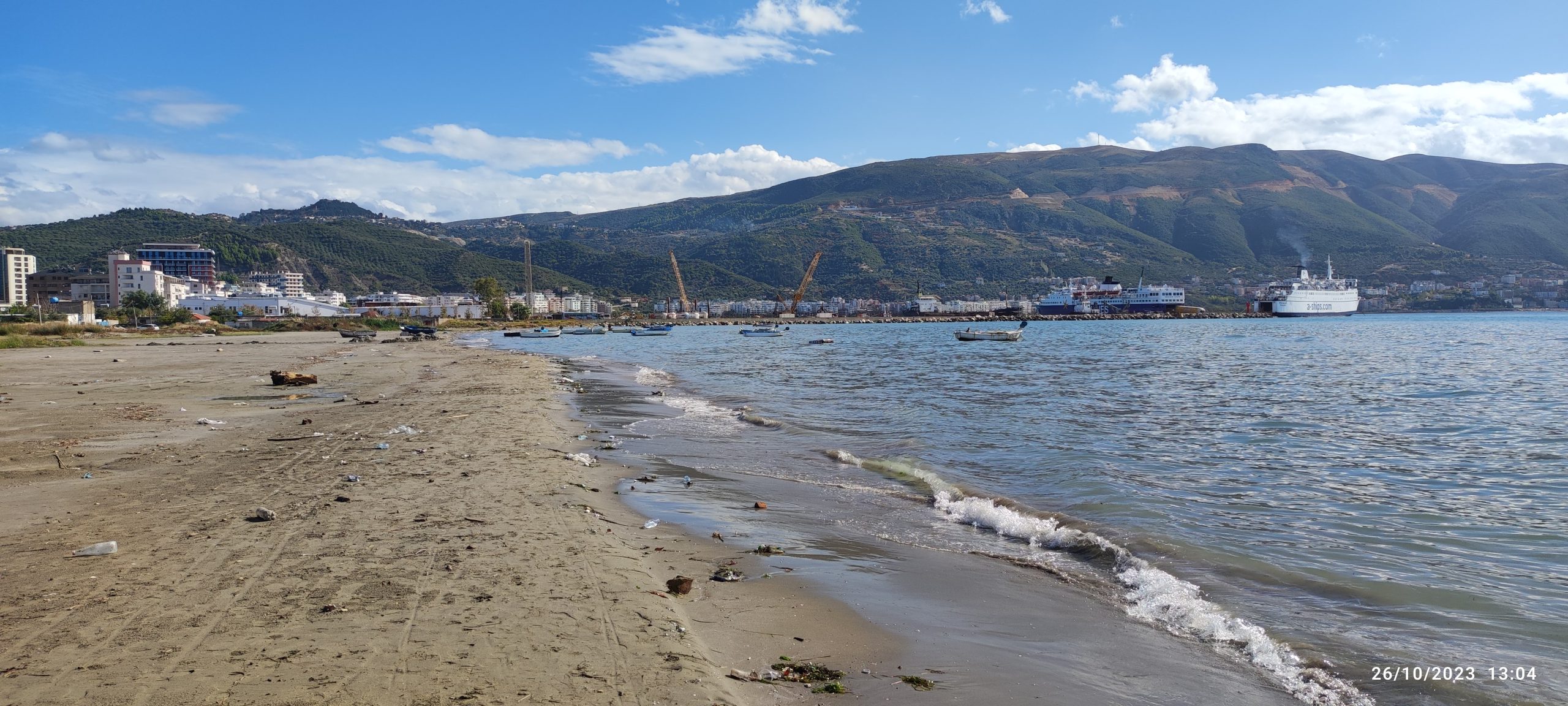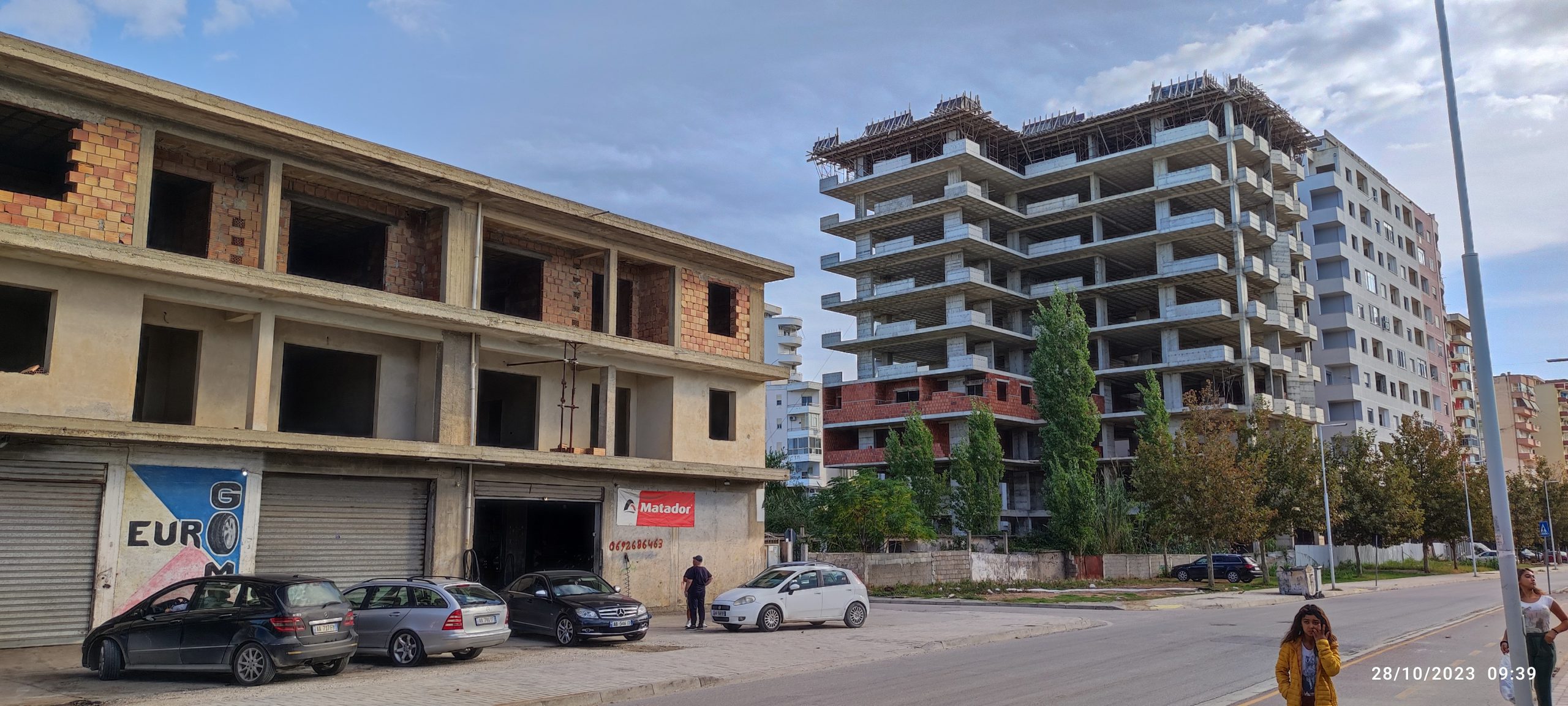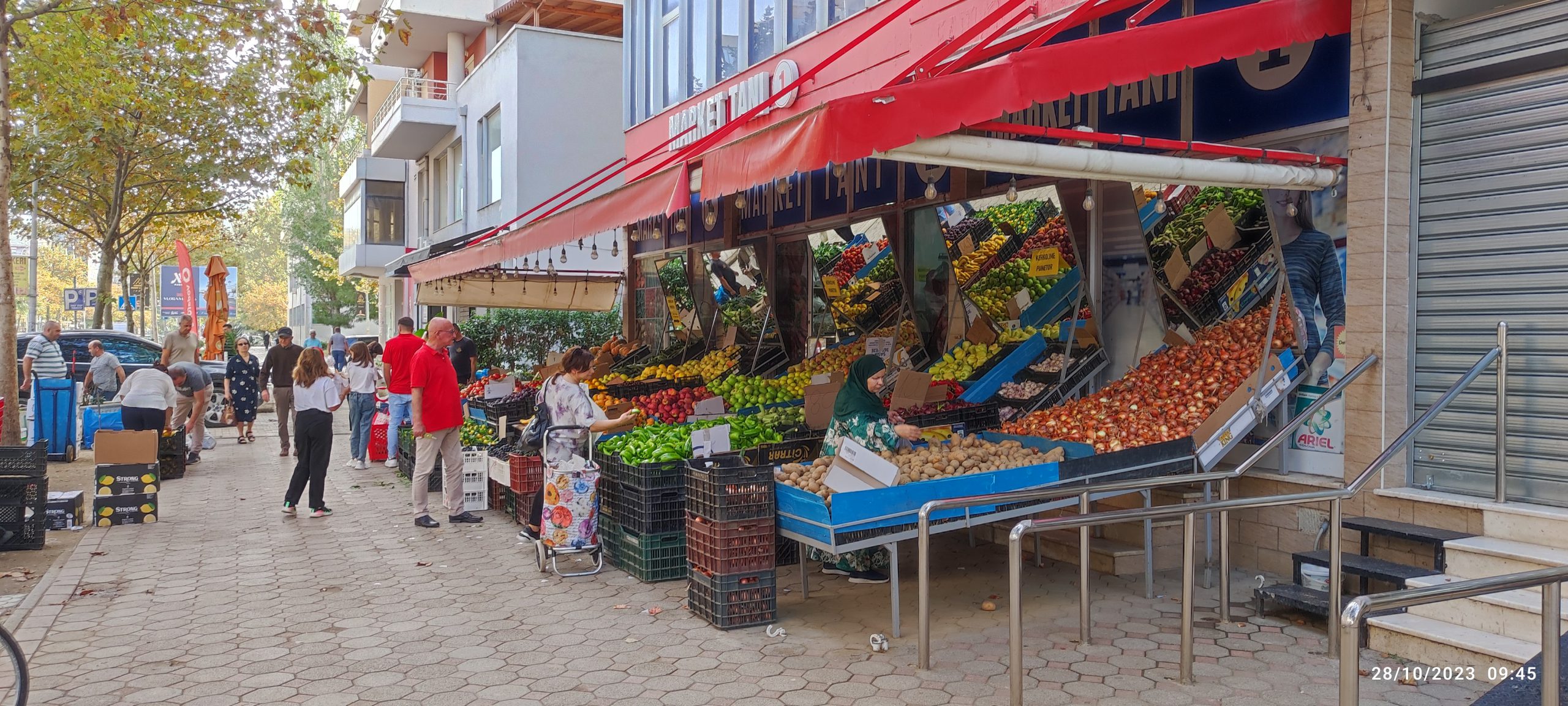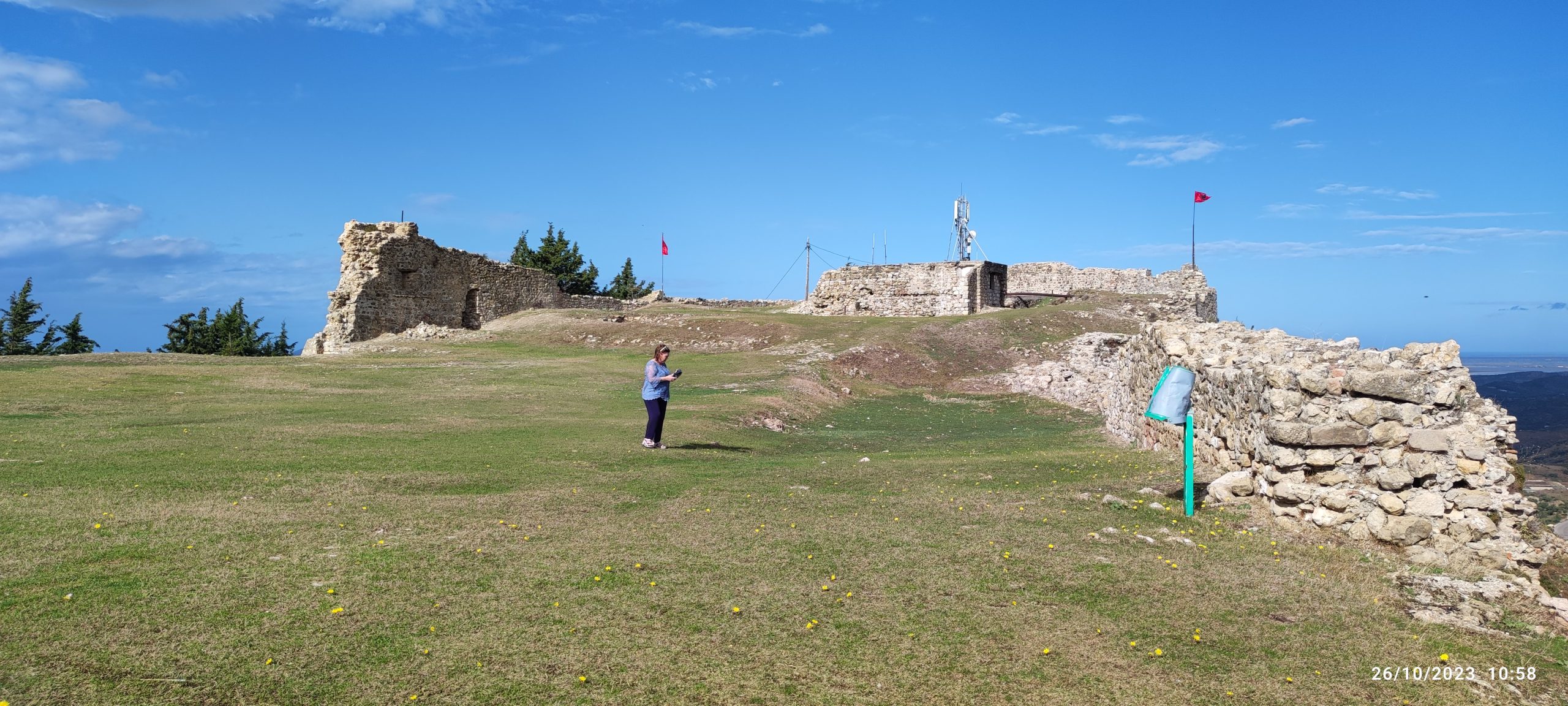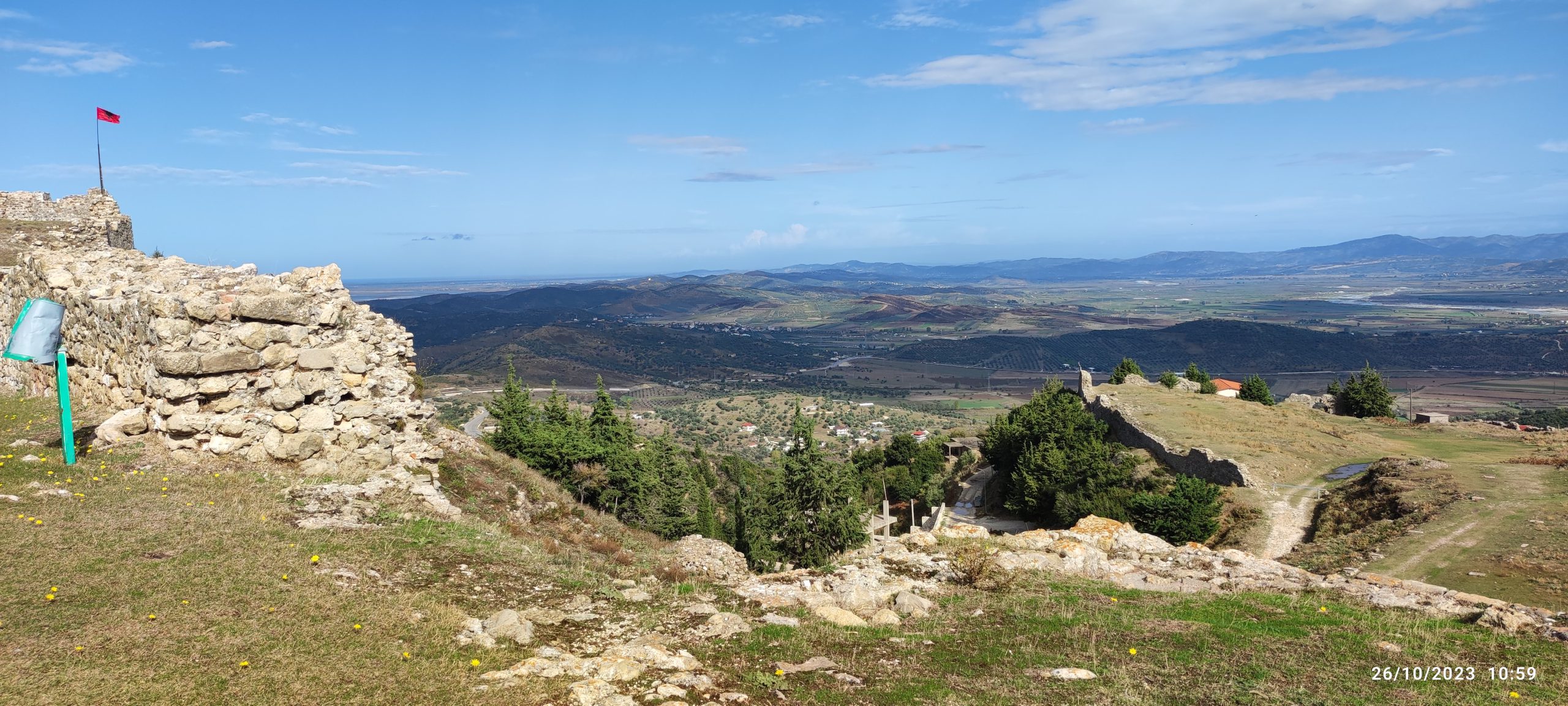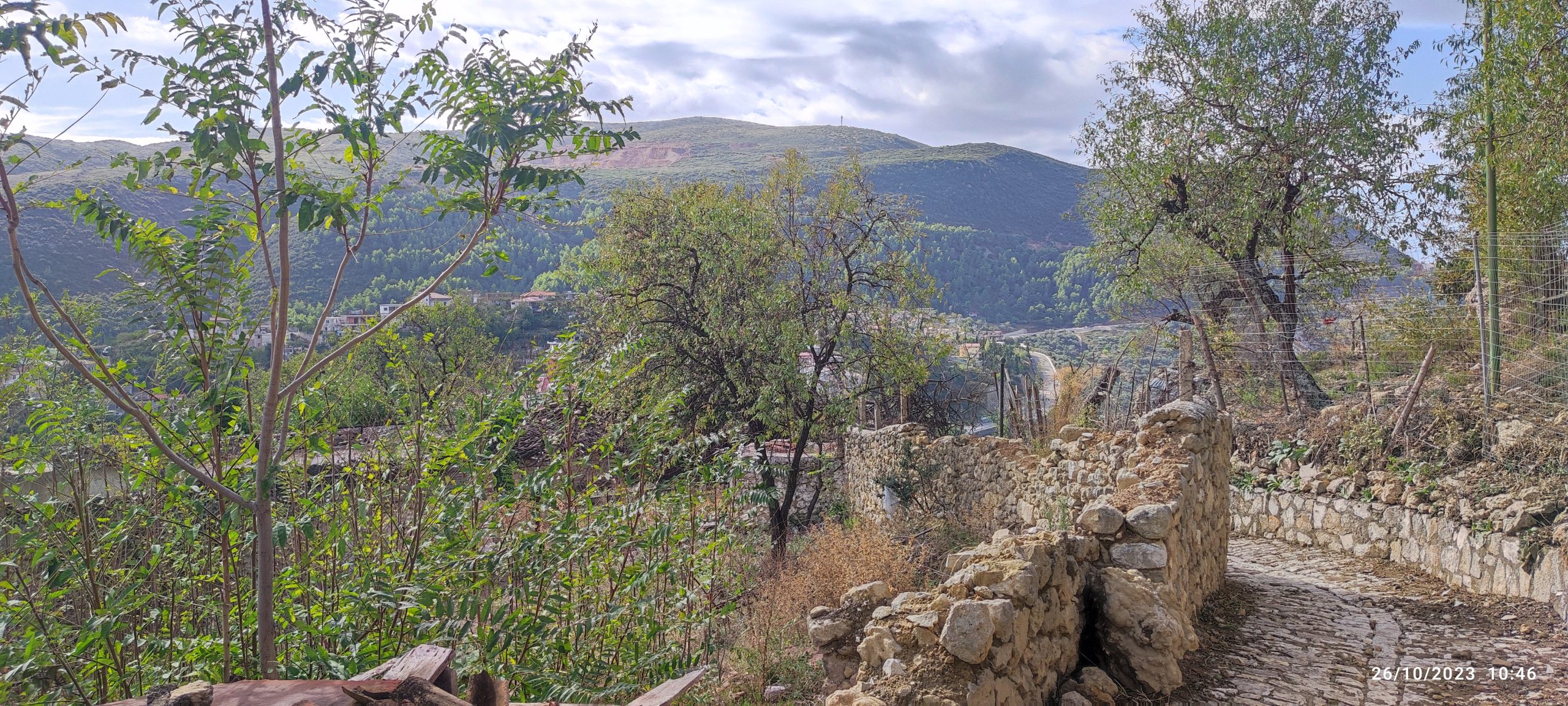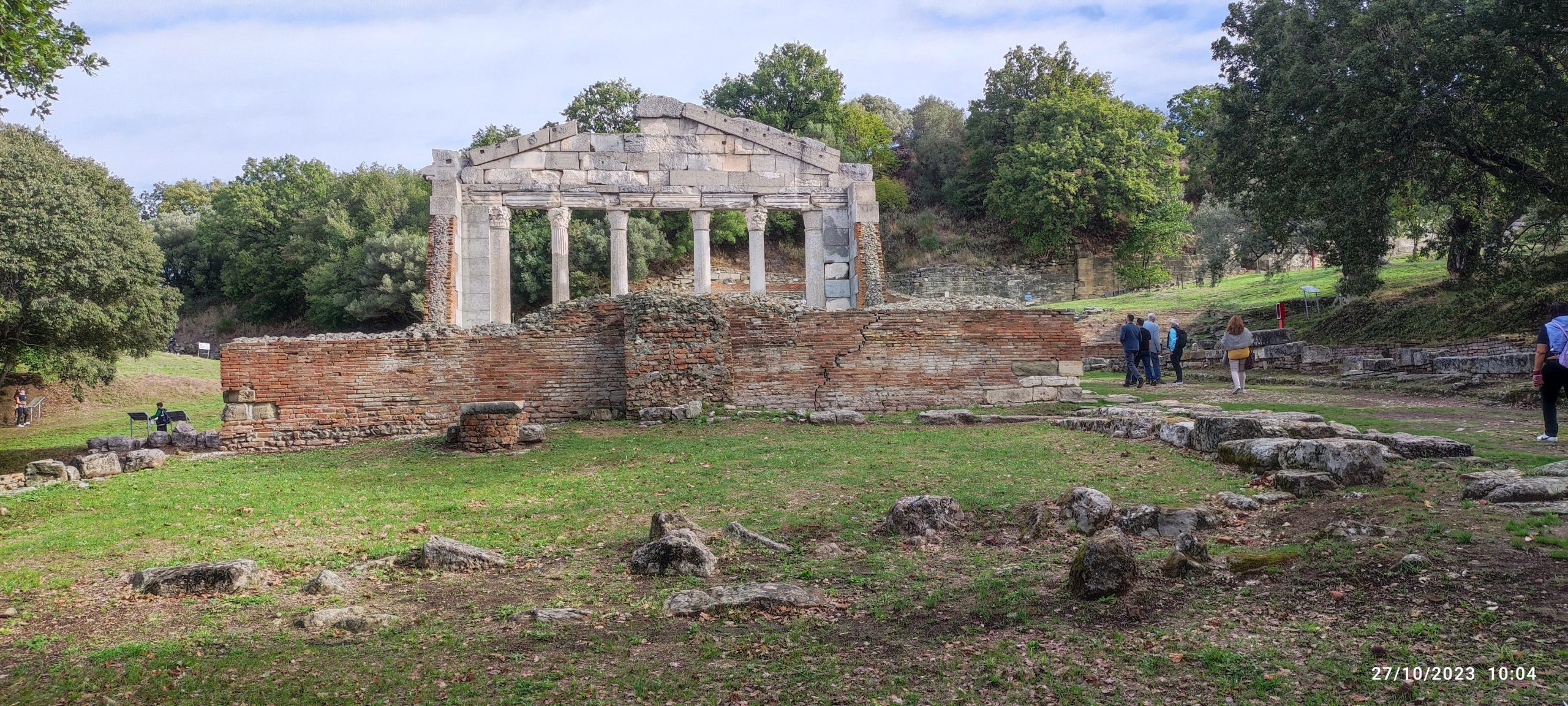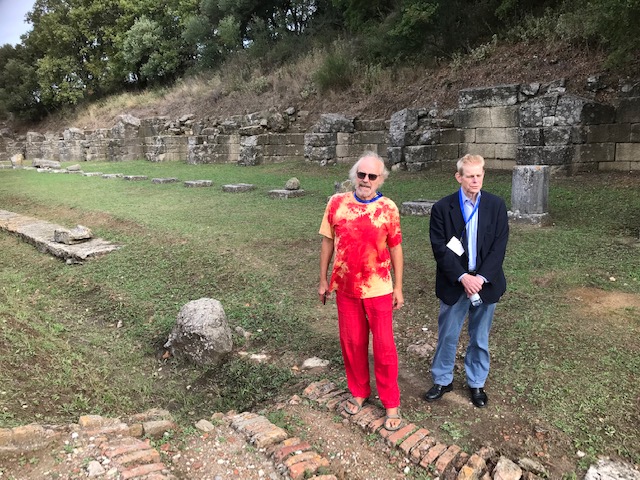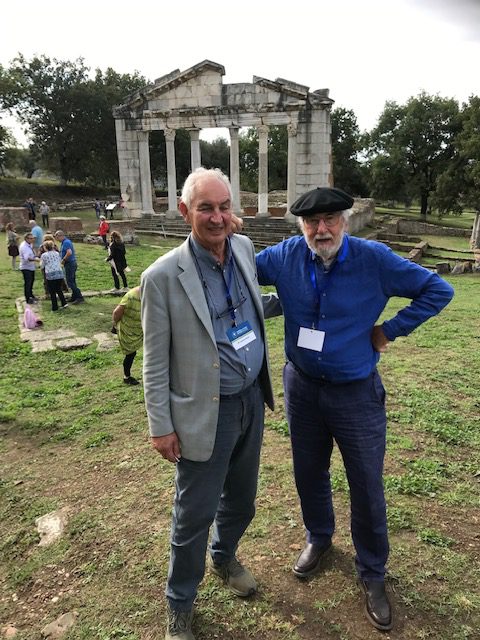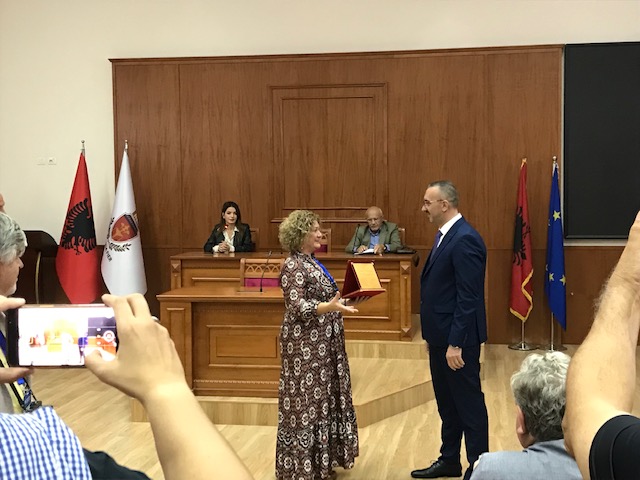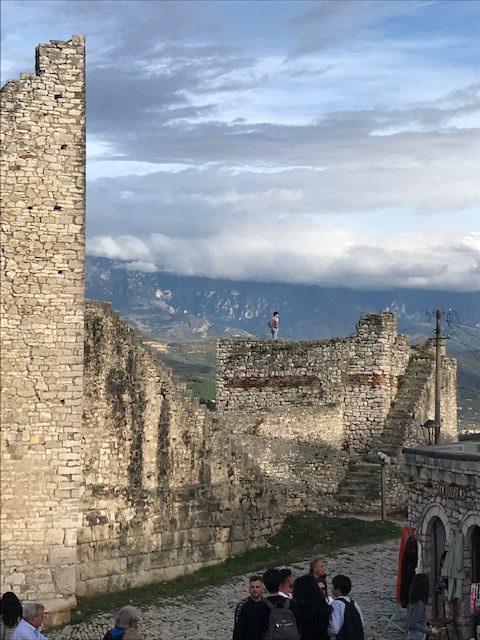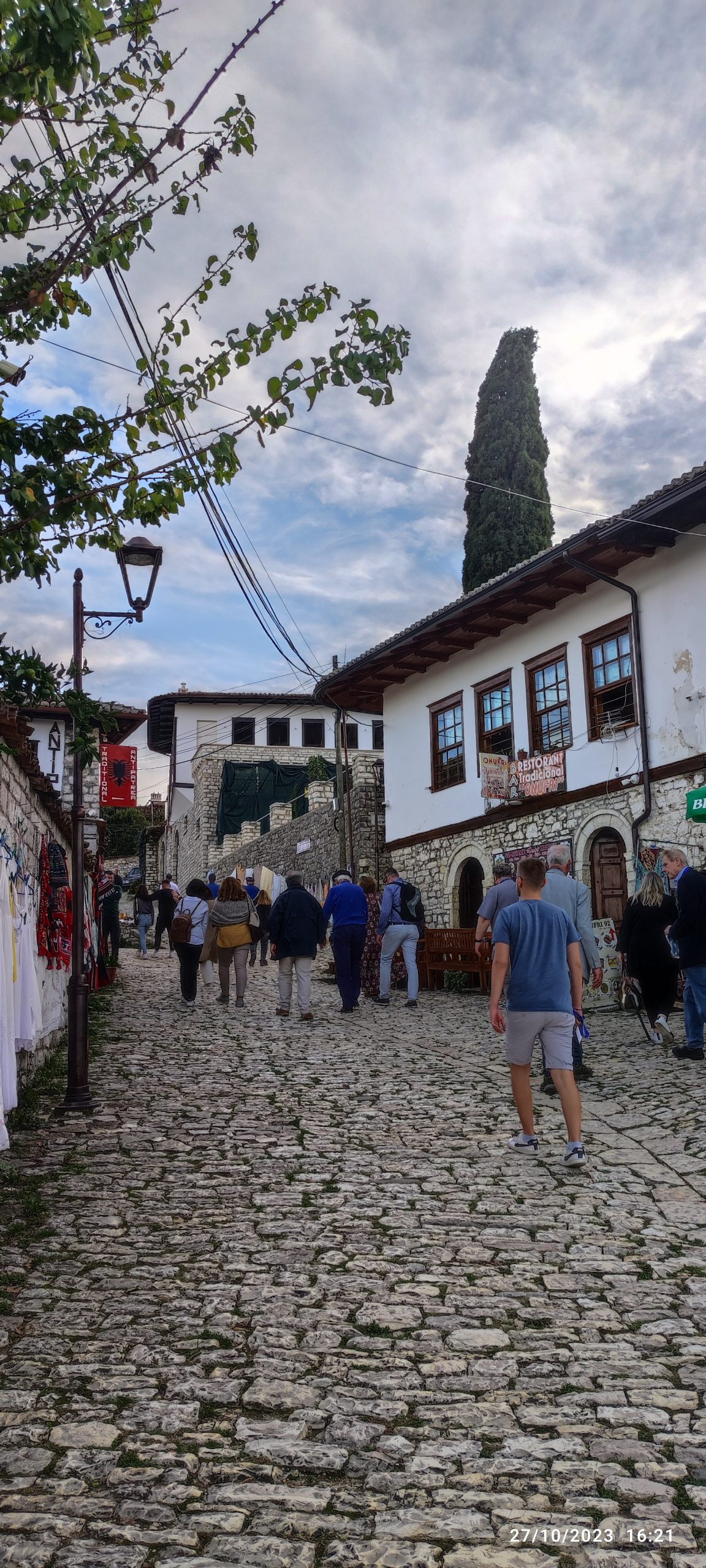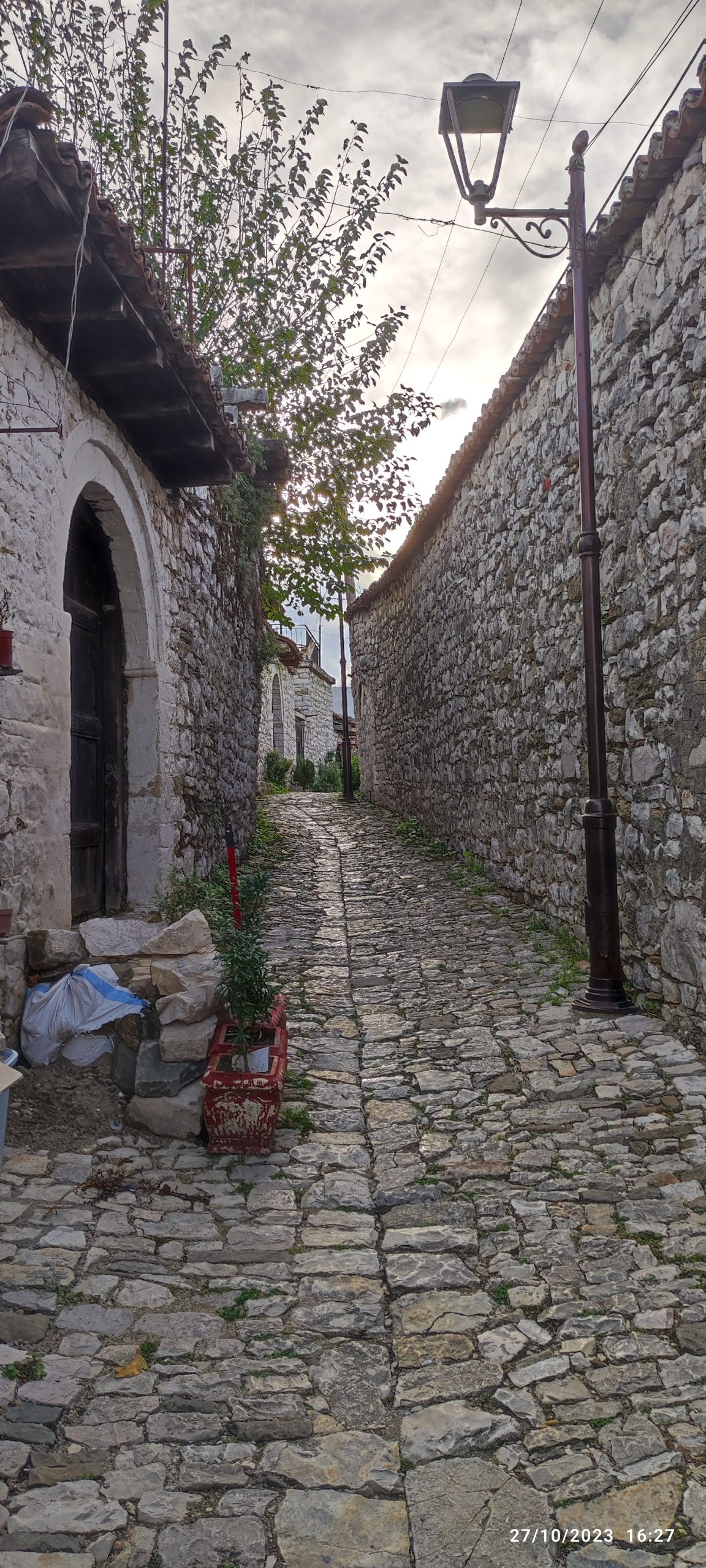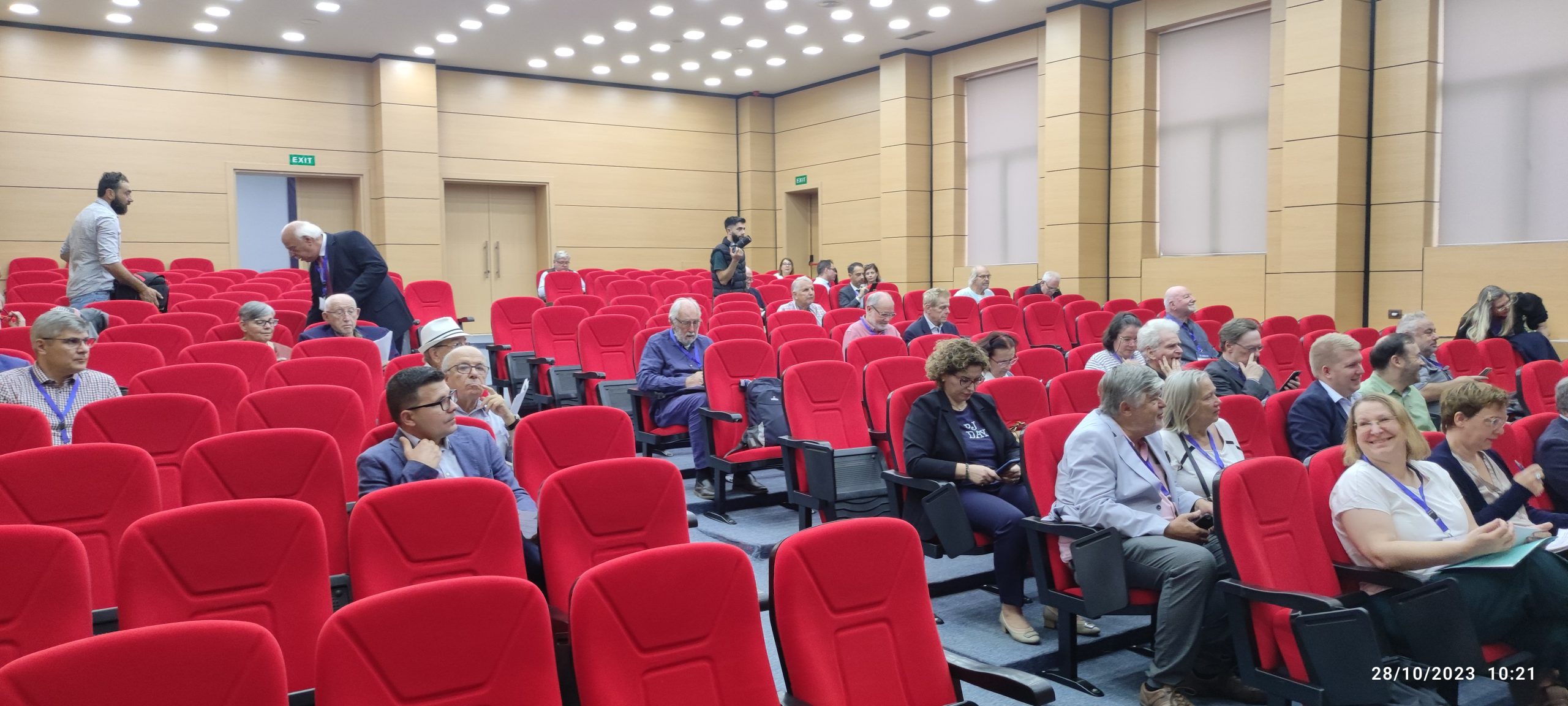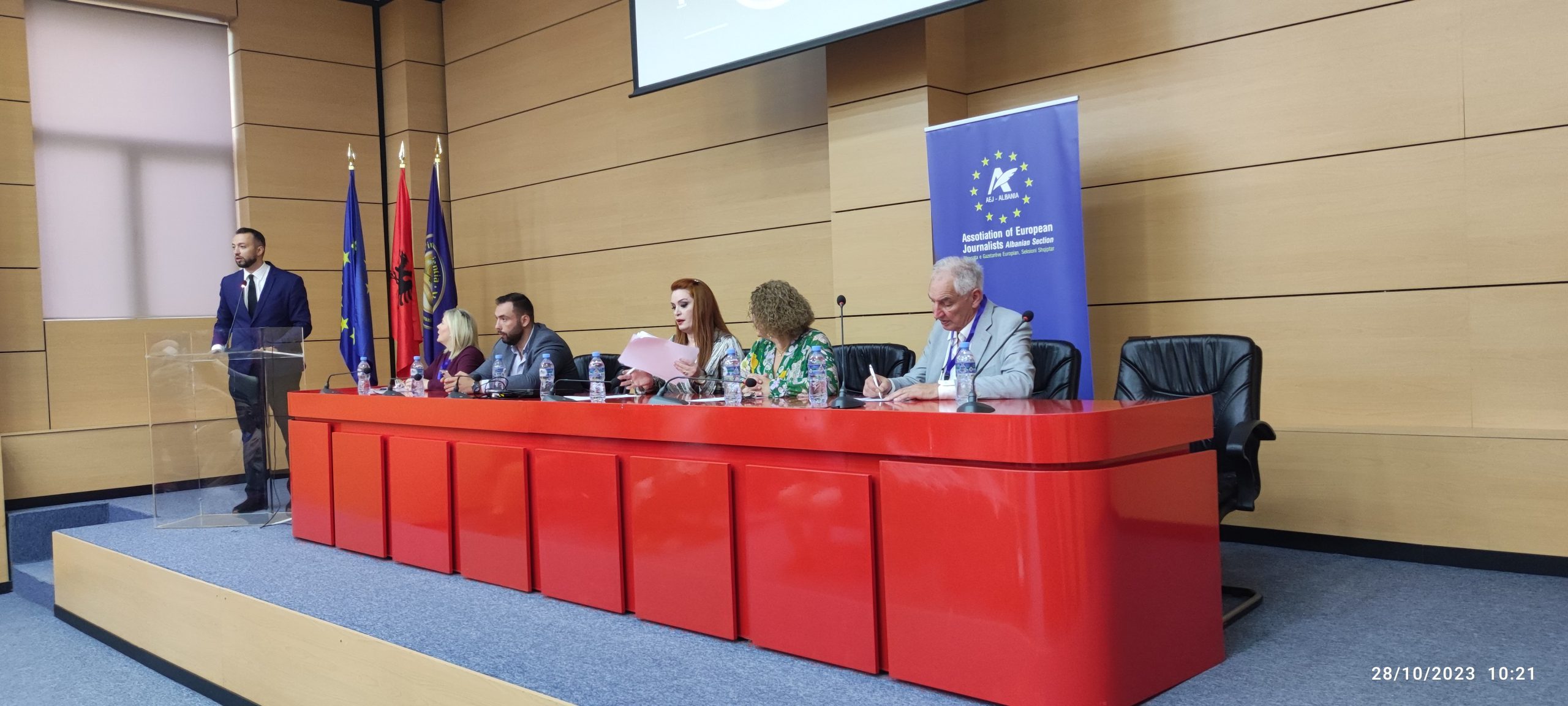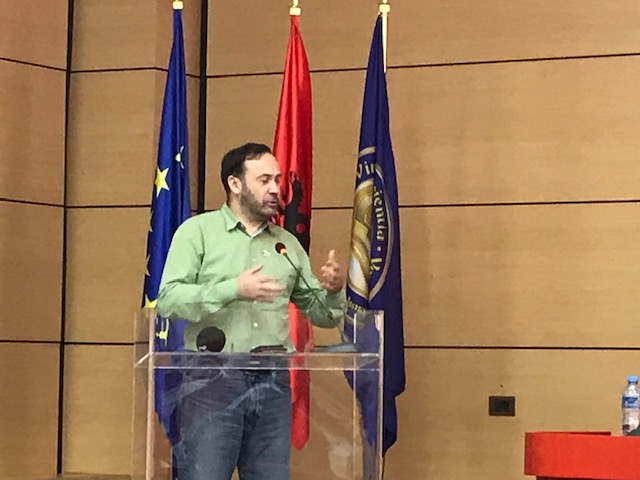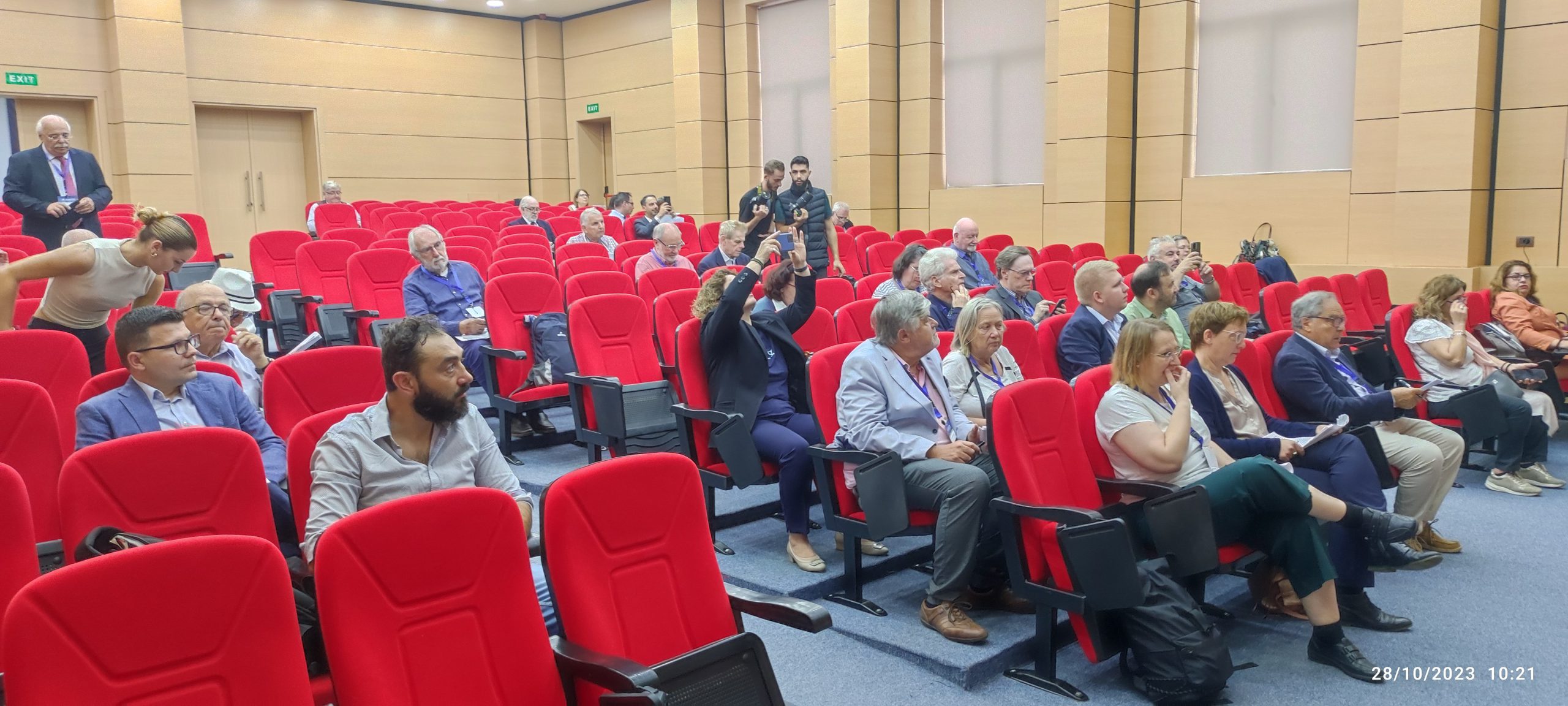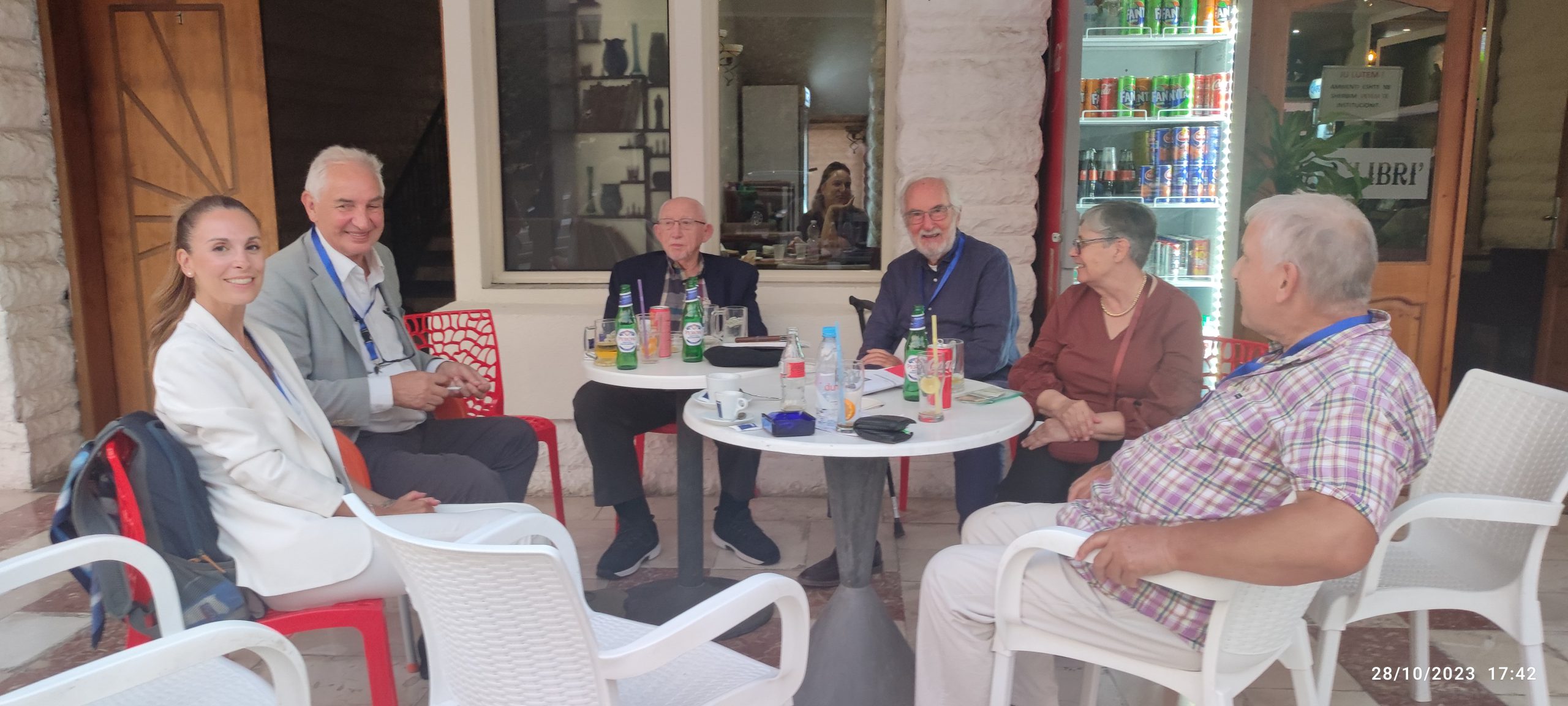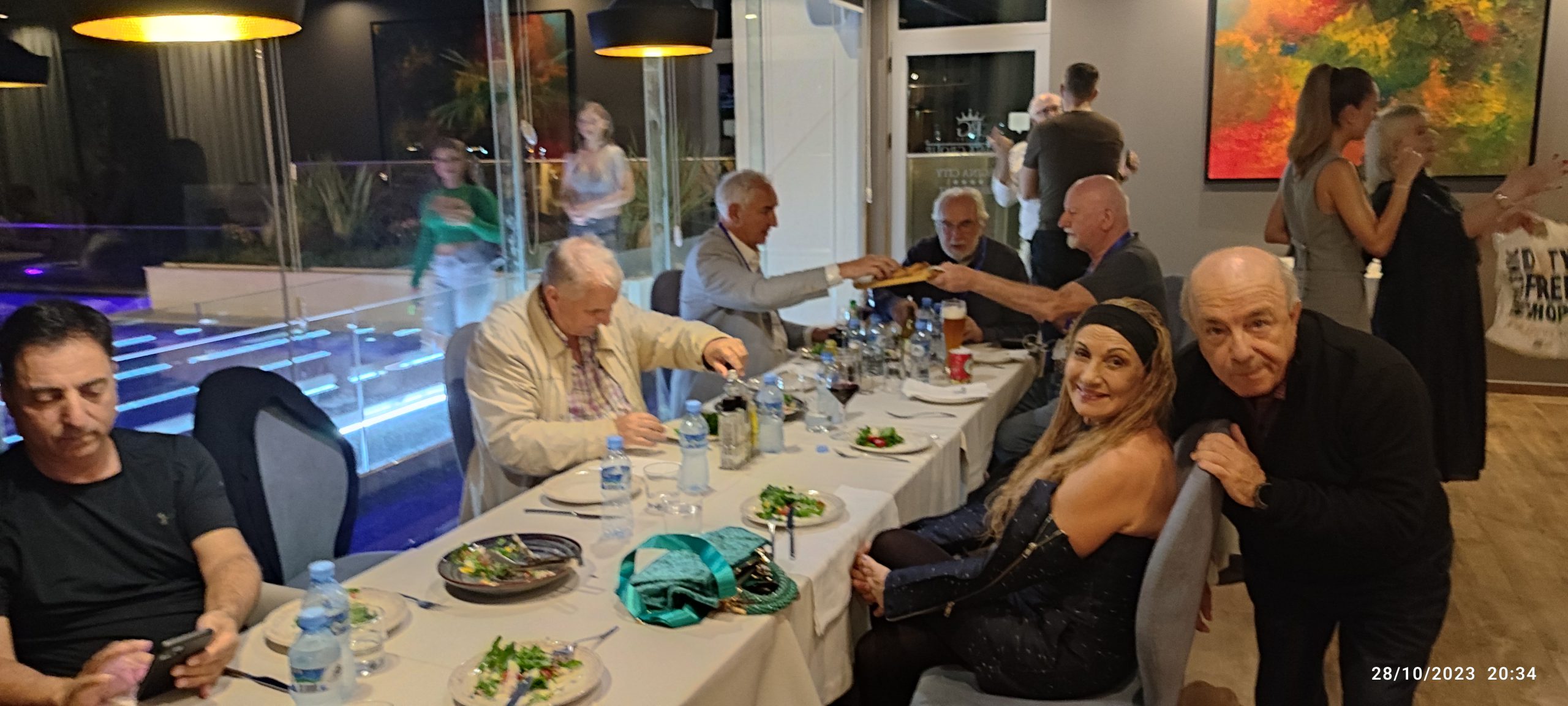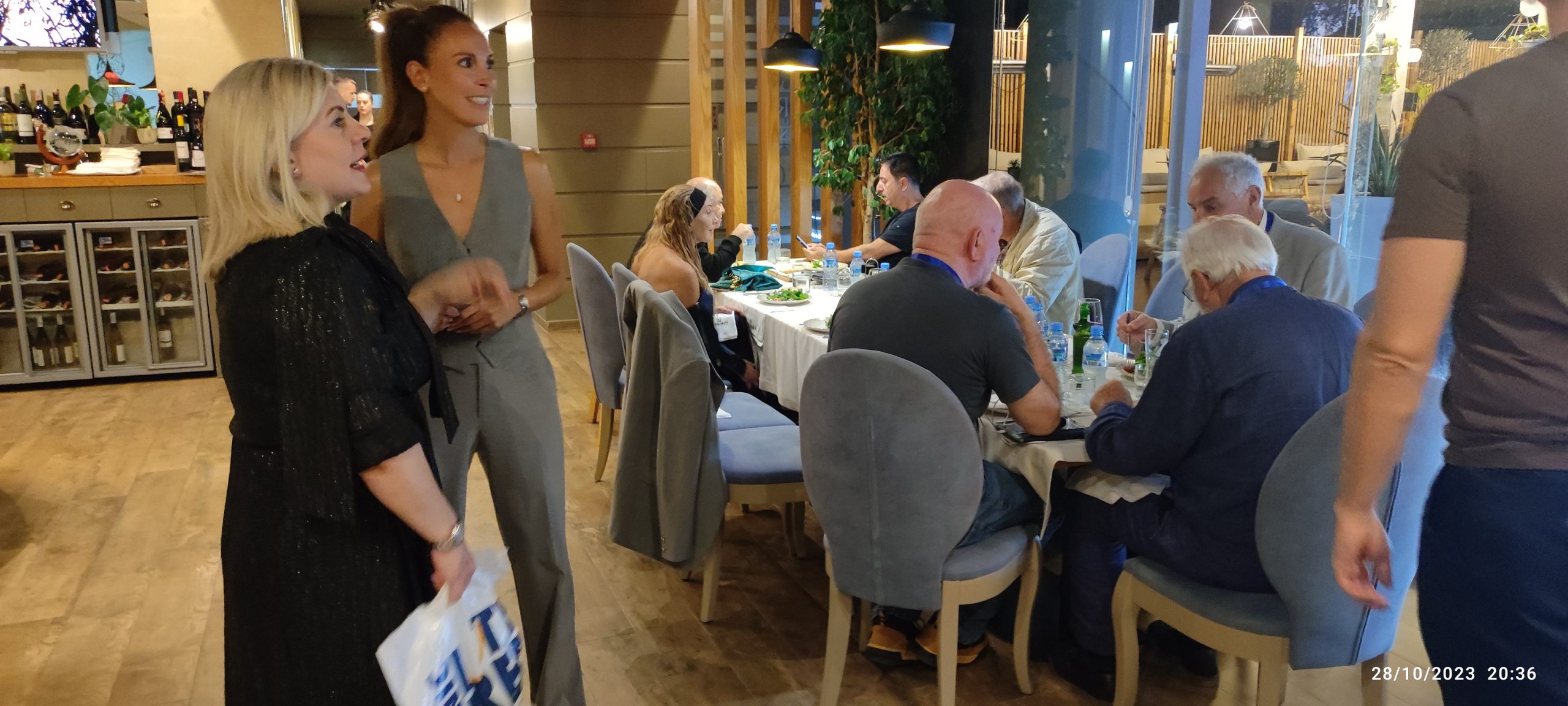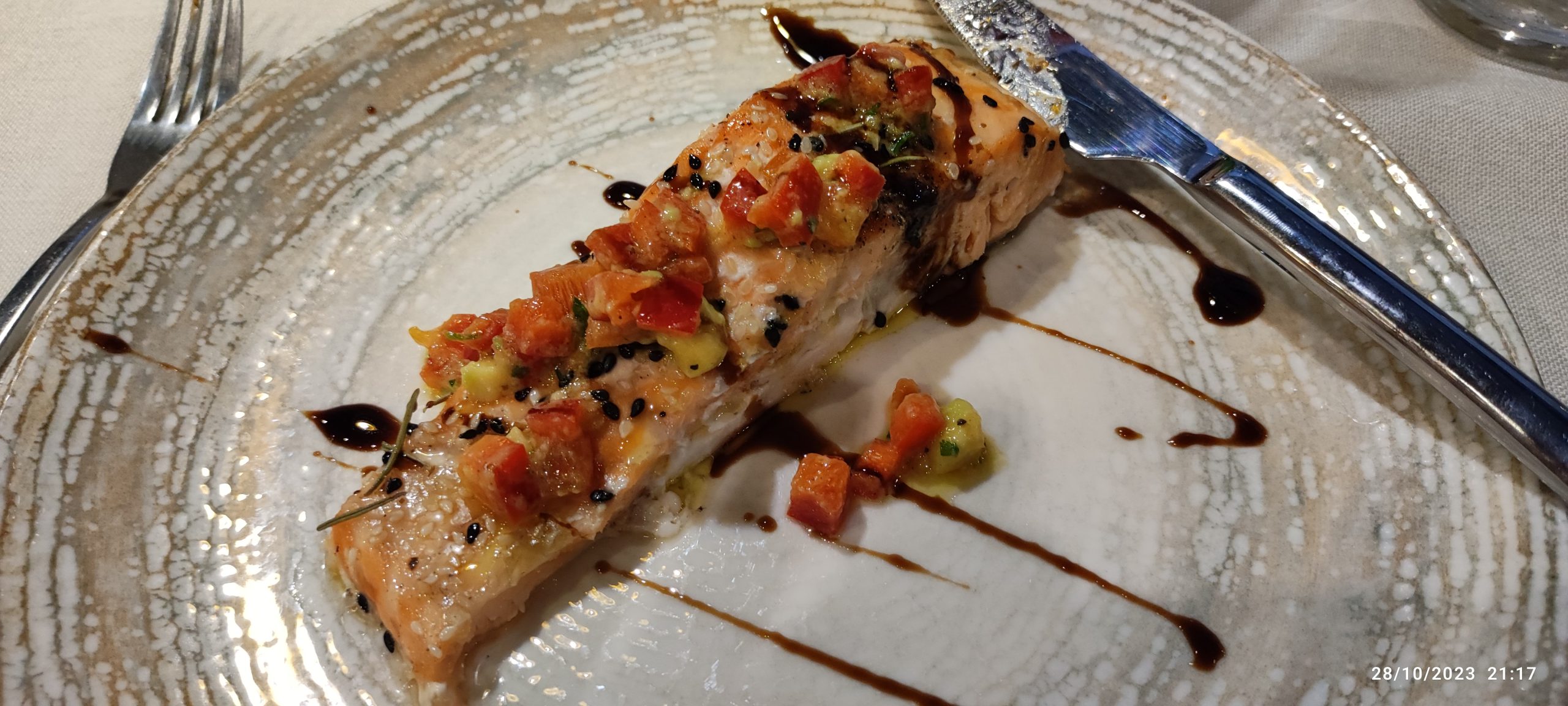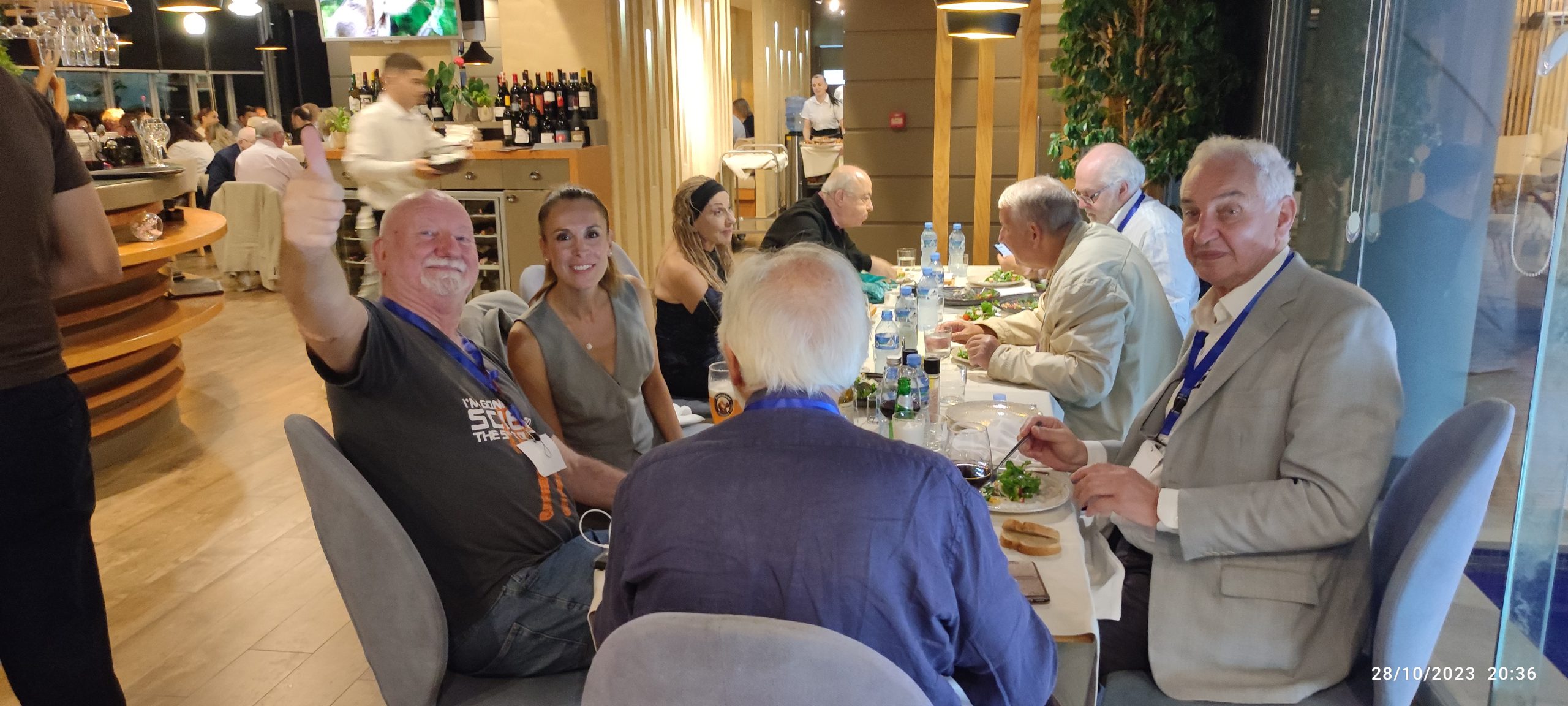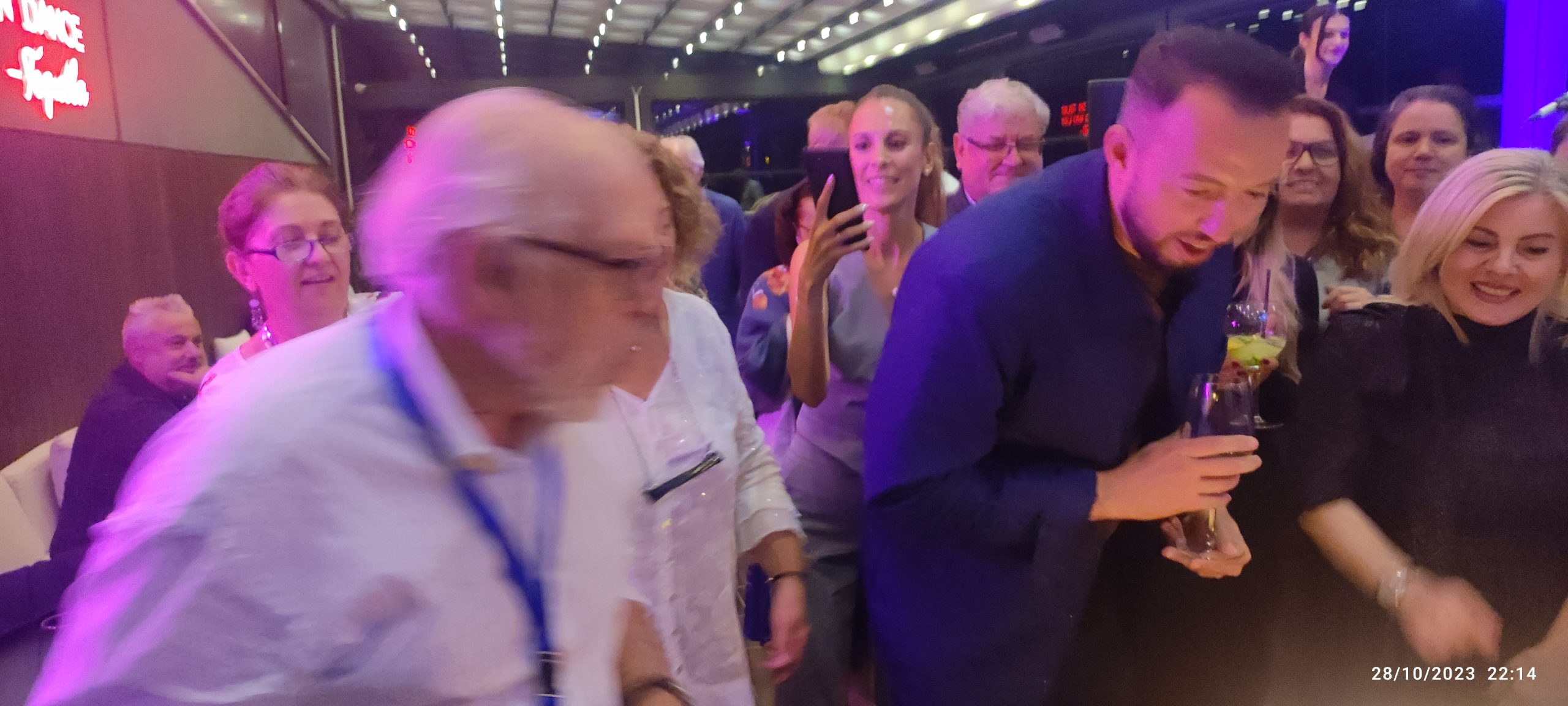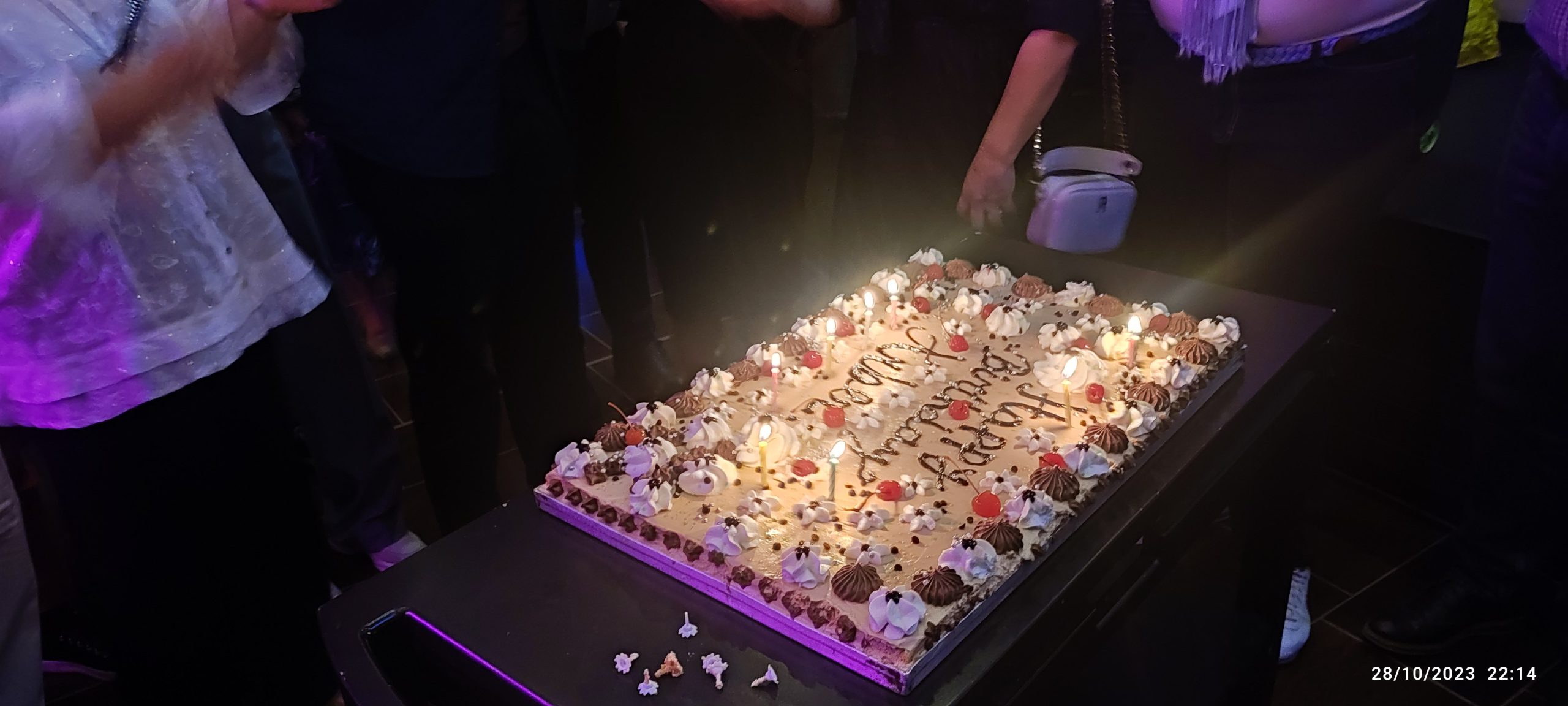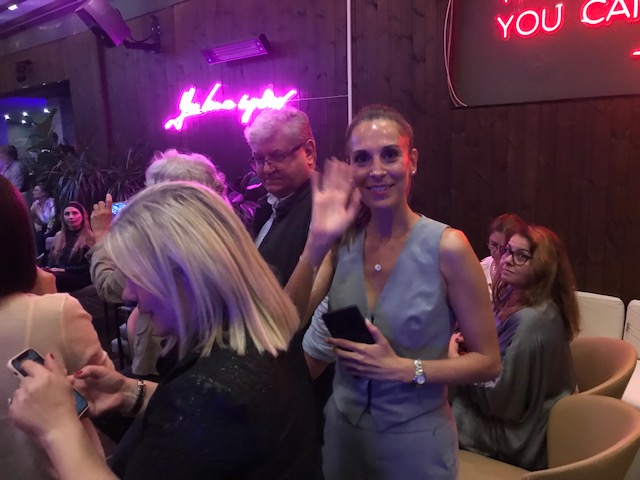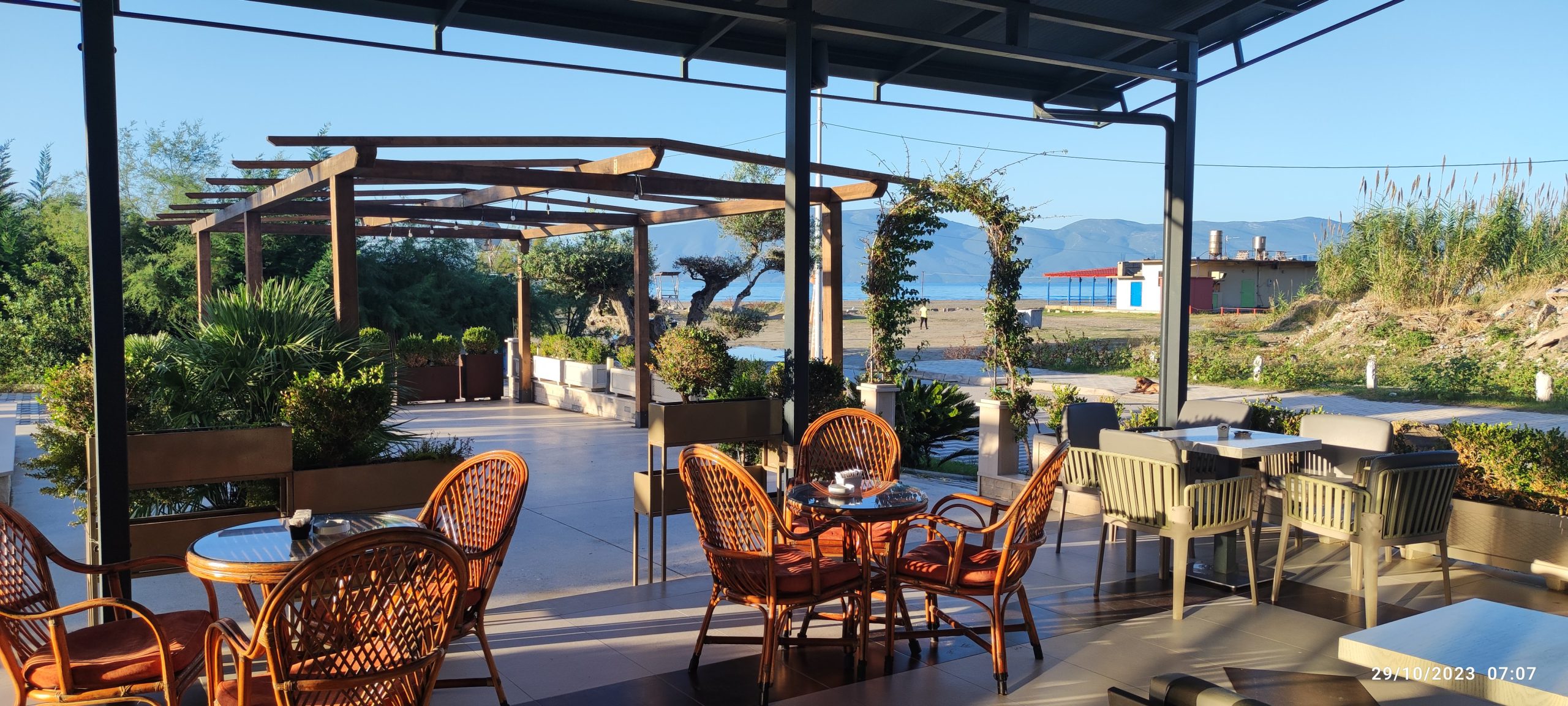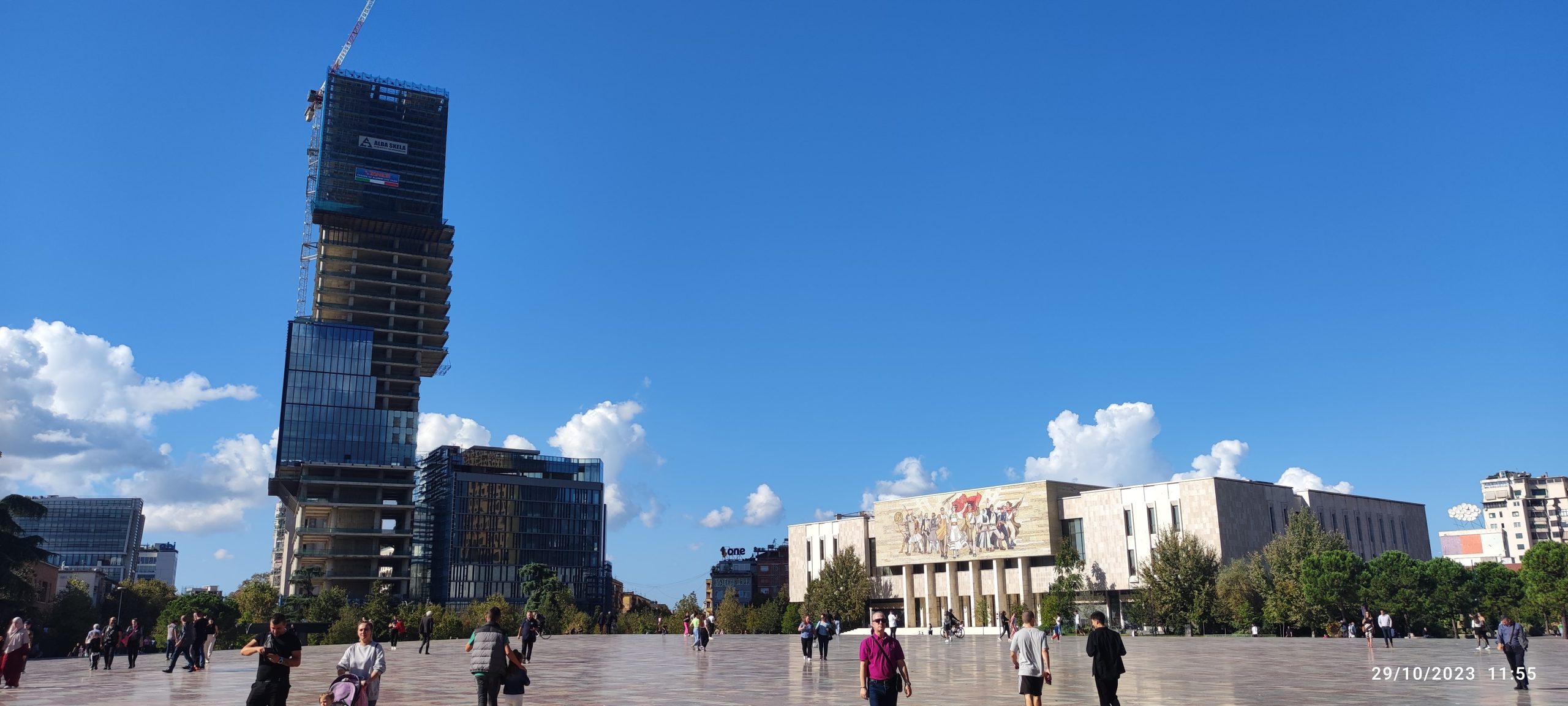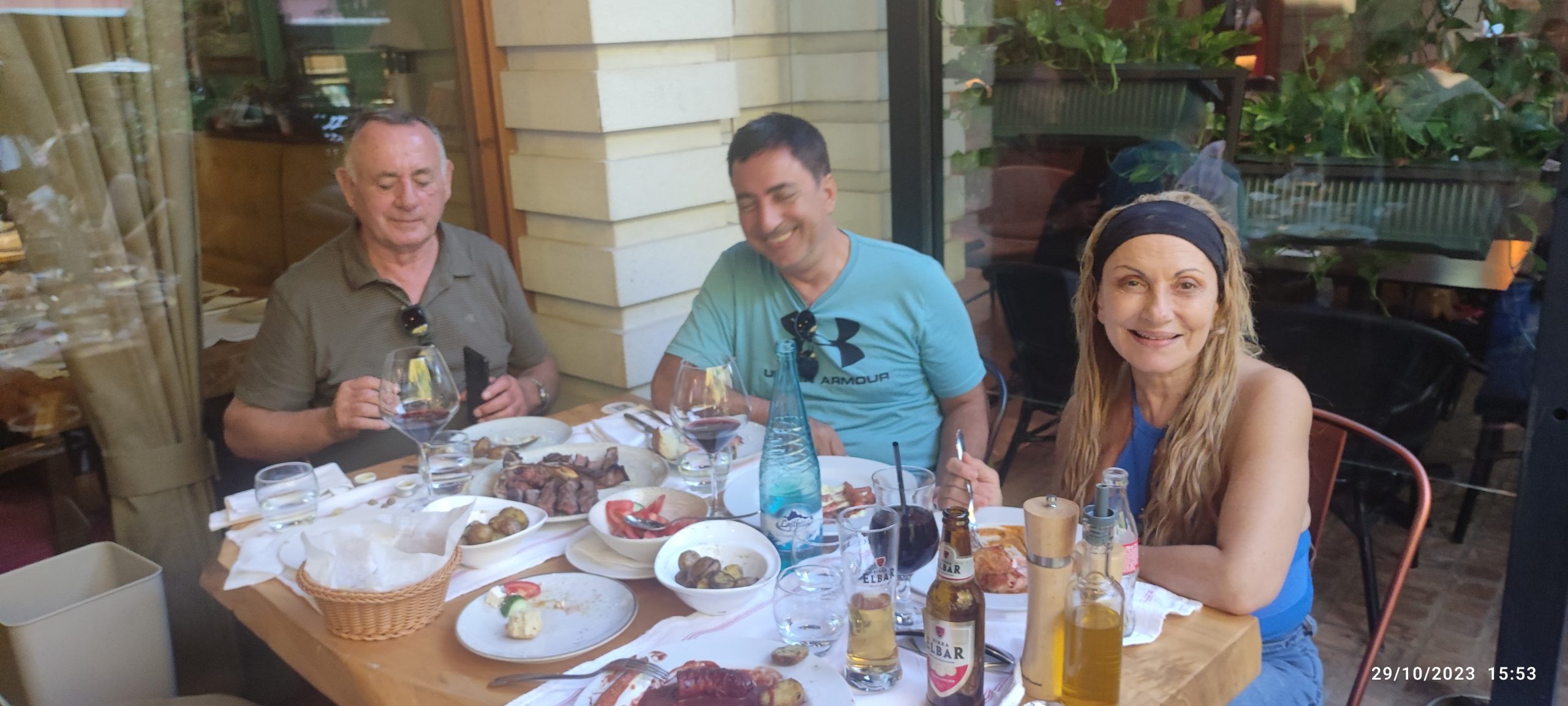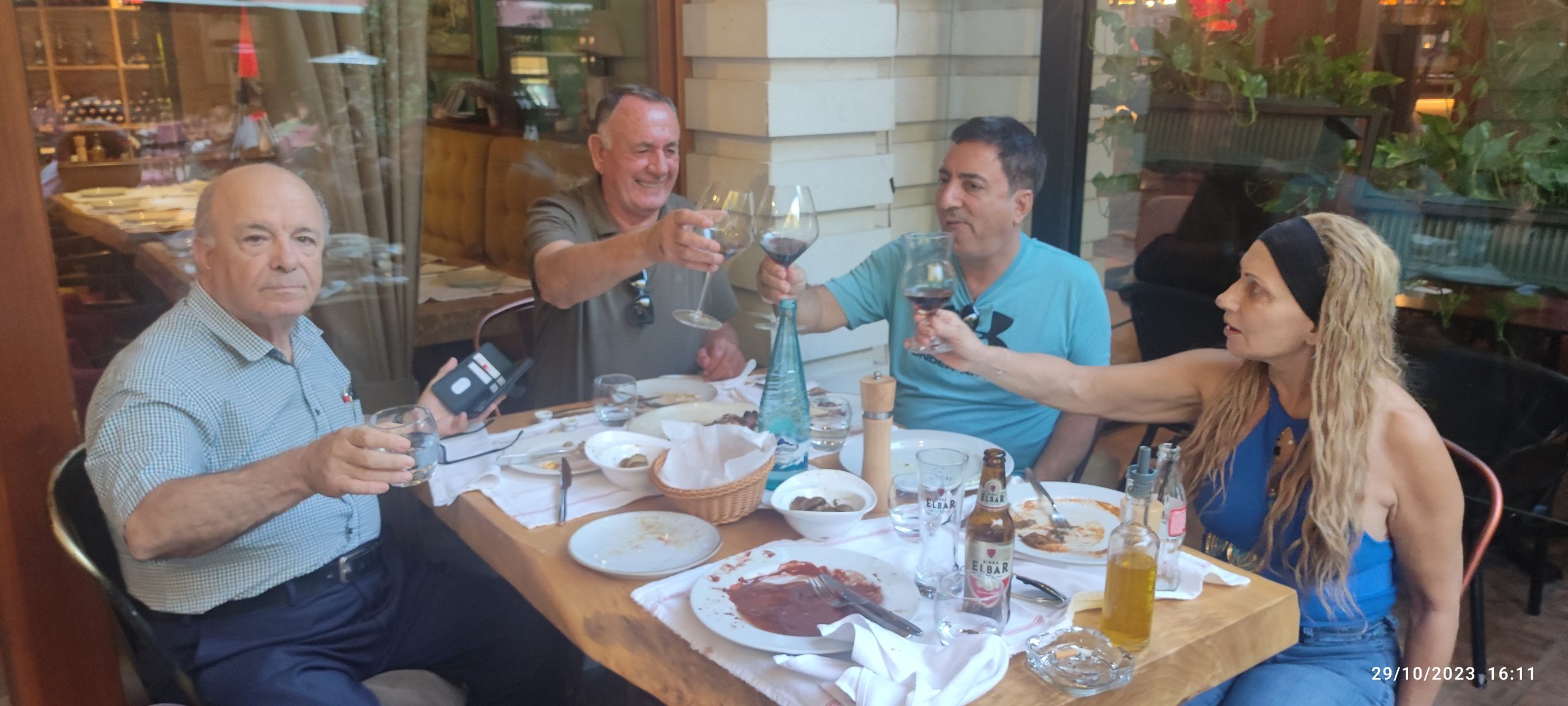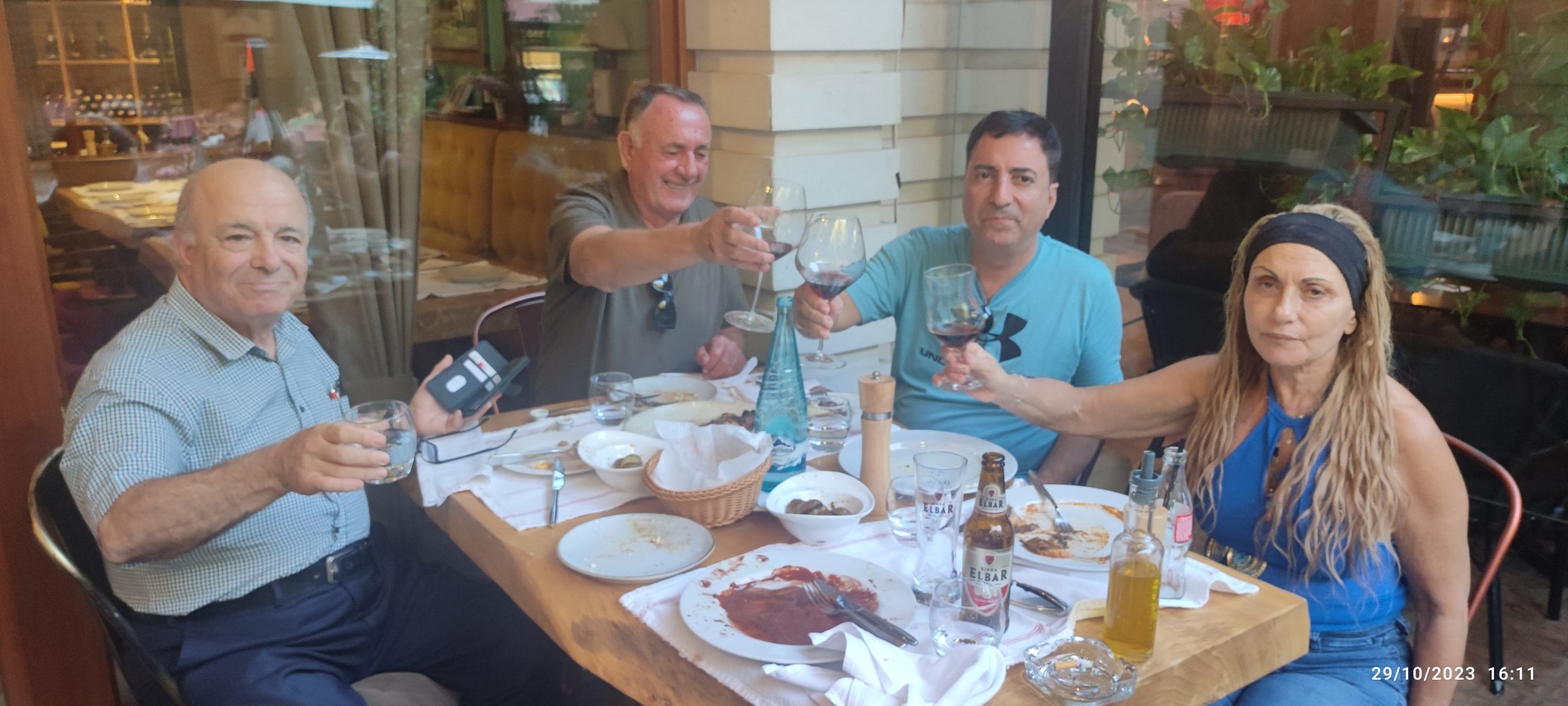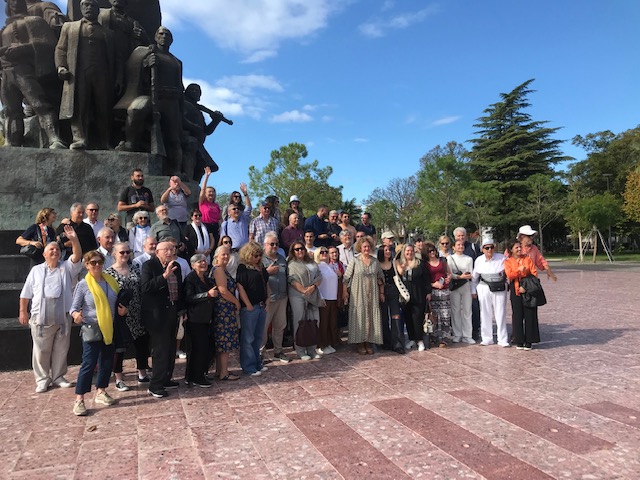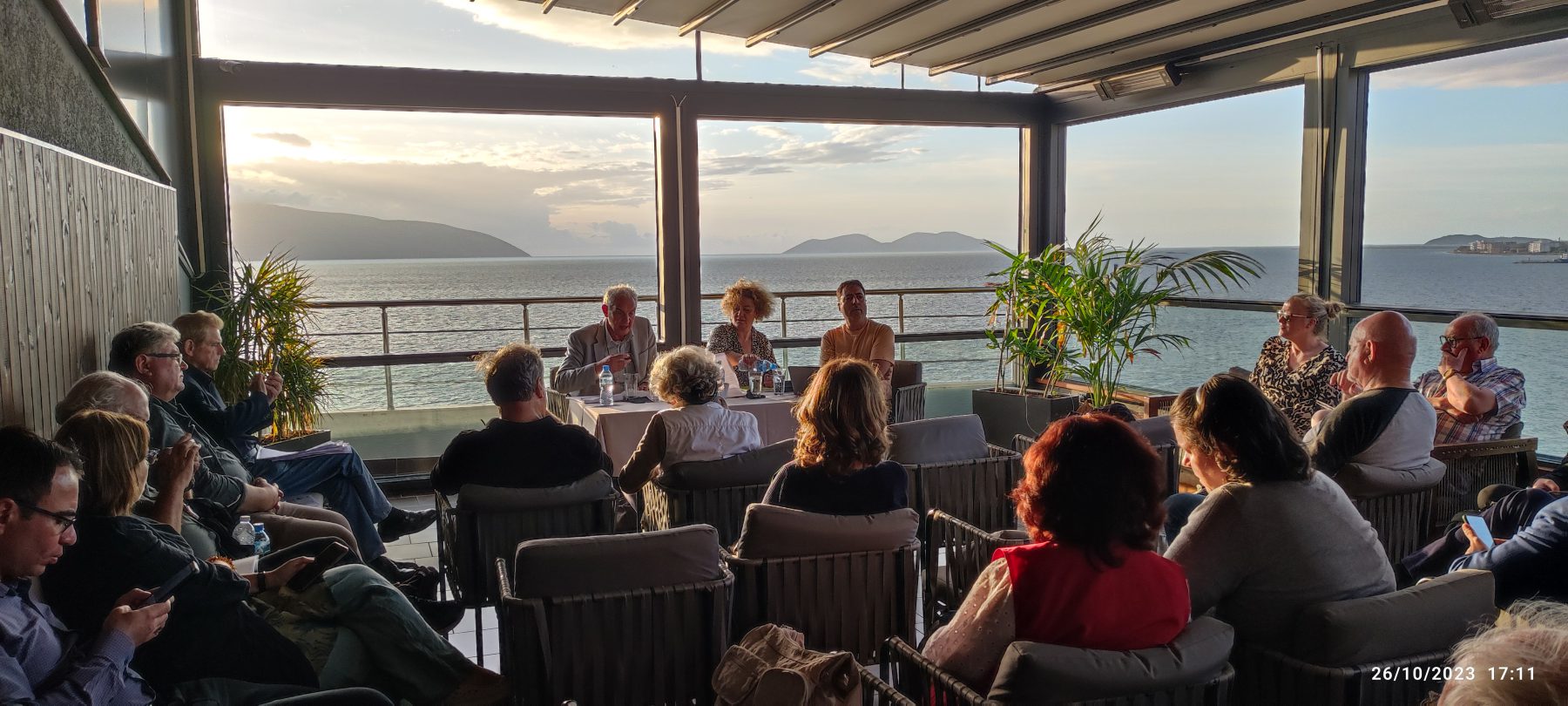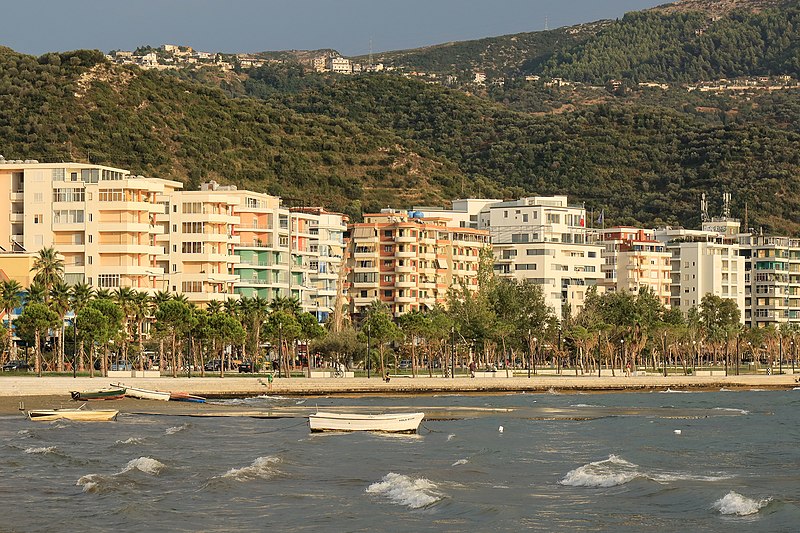The AEJ held its annual general assembly and international congress in the port and resort city of Vlorë (Vlora), Albania, in October 2023.
Please see here for all reports from the Congress
The AEJ UK’s Tony Robinson, former FT correspondent in Moscow, Rome and east European editor, has this diary and personal look at the congress.
This year’s annual AEJ AGM, a delightful mix of business, tourism and splendid food and wine was organized by the new Albanian section headed by Alber Hitaj and abetted with Greek flexibility and joie de vivre by Isaia Tsaousidou, President of AEJ International.
Most of the UK delegation arrived in Tirana from a chilly London on Wednesday, 25 October, welcomed by Alber and Isaia before heading slowly off through the capital’s rush hour traffic as the heavens opened up to pelting rain, thunder and lightning.
Tirana, a compact little city with a largely Italian designed centre when I first visited as FT East Europe editor over 30 years ago, is now encircled by suburban sprawl which gradually spreads through what once were empty surrounding fields.
Three hours later we arrived at the Kraal Hotel with its Italian marble floors and poolside terrace with views over the deep bay of Vlorë (where Nikita Khruschev wanted to base Soviet submarines in the 1960s). Storm over, Vlorë was caressed by a gentle warm breeze which lasted throughout our five day sojourn.
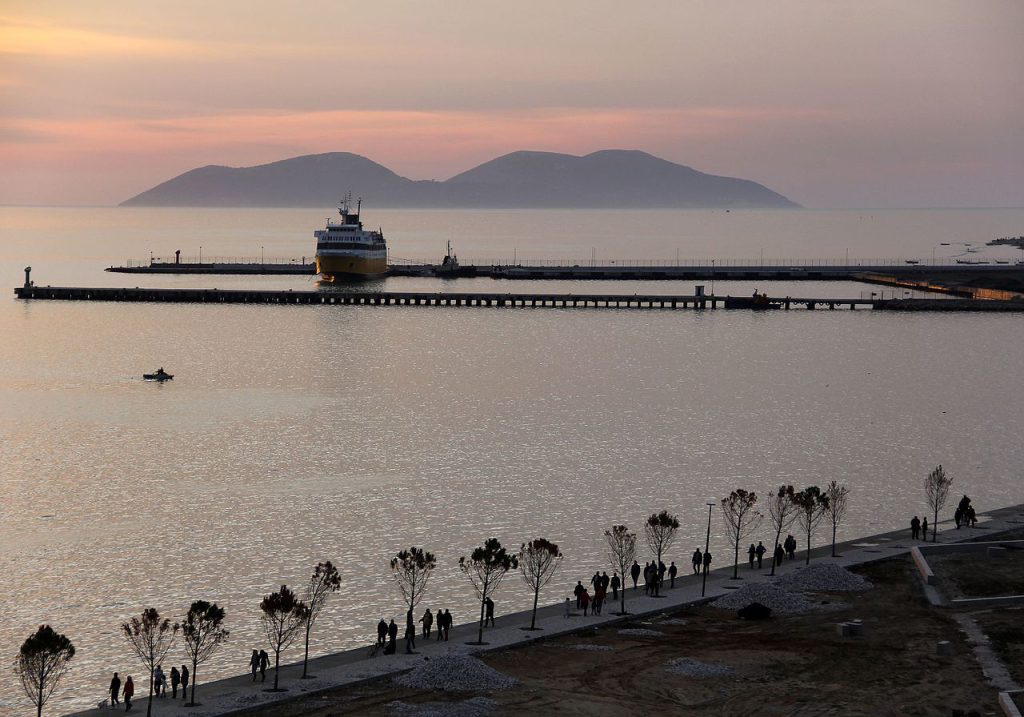
After we settled in, our coach set off along the curving beach road flanked by elegant tall palm trees to the Regina Hotel (hosting other AEJ members from around Europe) for the first of all the delicious meals and copious Albanian wine which we enjoyed with other delegations throughout our stay.
The AEJ General Assembly met the next day after a tour of Vlorë, its heroic statues and museums, with reports from the board, the audit committee, elections to the audit committee, and discussion of possible future AGM venues. More informal than many past such meetings it was held in a rooftop bar at the hotel and ran mostly smoothly, with minimal rancour or controversy – after a good lunch!
Friday was a day for a compressed lesson in nearly 3000 years of history and culture in Albania – starting from Vlorë, an epicentre of Albanian independence for the founders of modern Albania who signed the Declaration of Independence on 28 November 1912 at the Assembly of Vlorë.
First stop was the ancient port city of Apollonia, founded by Greek colonists around 600 BC when it was linked to the sea and approachable by a navigable river. Now it sits high and dry on its hill after time and earthquakes diverted the river and lifted the land.
A partially reconstructed temple and a well preserved little stone ampitheatre, whose audience was once protected by a unique wooden roof, help to imagine what this once rich and lively city, where two Roman roads converged, looked like. Some splendid Roman heads and statues now grace the museum and Ardenica monastery which are part of the complex.
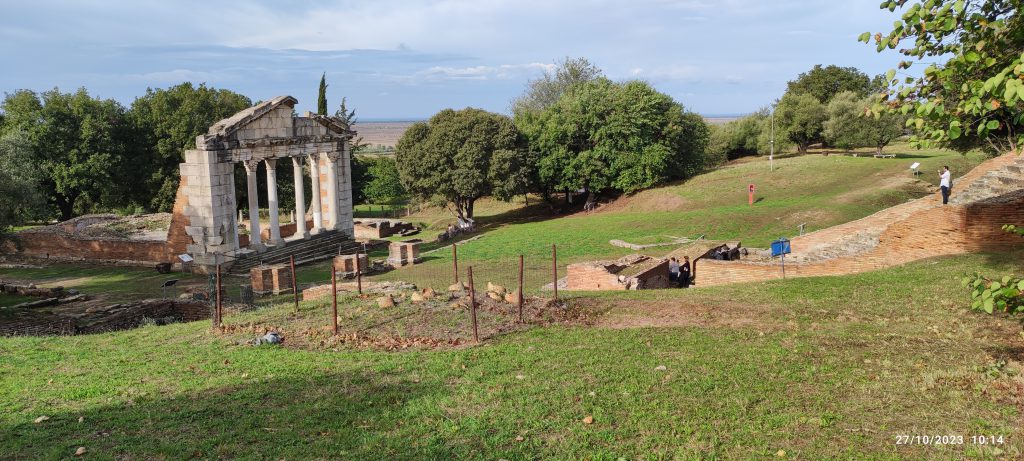
From Apollonia we drove to the busy inland provincial city of Fier to meet a senior city official in the town hall before lunch overlooking the city centre and river. Chatting to a local journalist I found out that Fier is only 10kms away from a recently discovered oil field which Shell has expressed interest in developing.
Apart from oil, Albania also has rich deposits of chrome and vanadium, which are exported as crude ores.
In a full day of exploration we drove on from Fier to Berat which sits on flat land beneath a towering ancient castle whose stone walls atop a steep hill protect a still populated village of Byzantine houses.
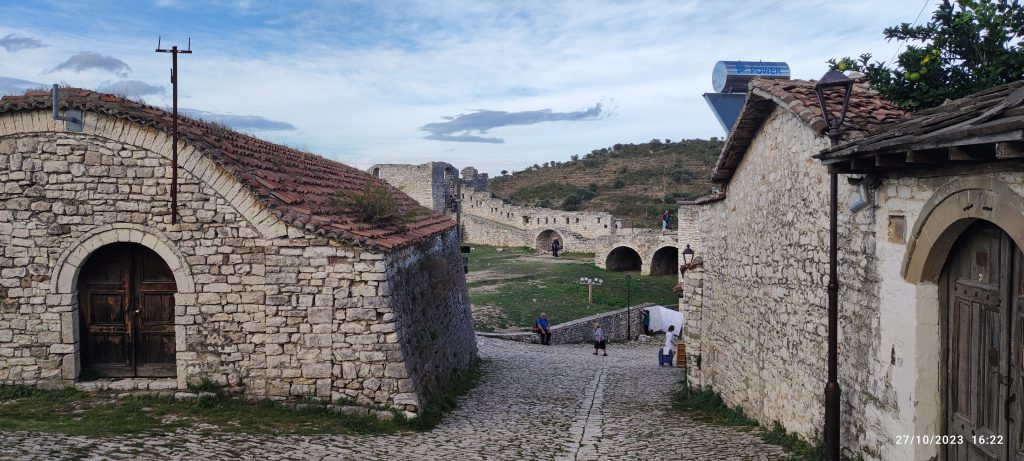
From the heights of this walled city fortress, the modern town far below spreads out beside a river as if seen from a helicopter.
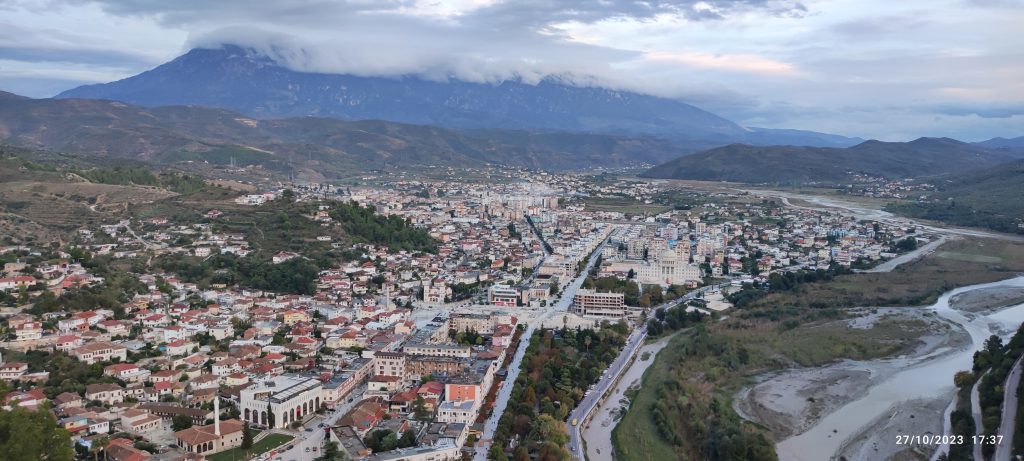
An erudite castle guide provided a fascinating potted history of two thousand years of Illyria’s occupation by an endless series of foreign overlords. These ranged from the Greeks and Romans through to the Ottomans and ultimately Mussolini’s Italy whose troops met fierce resistance in the mountains on the way to supposedly “spaccare i reni ai Greci!” – literally “break the kidneys of the Greeks” – in 1941. It did not turn out like that. The hopelessly equipped and led Italians were mauled and brought to a humiliating halt by Albanian and Greek resistance, and Hitler had to come to Mussolini’s rescue.
Hitler’s reluctant, but savage, invasion of Greece delayed his planned invasion of the Soviet Union by a vital few weeks. Instead of occupying Moscow, German tanks became bogged down in the heavy mud from autumnal rains before Russia’s invincible “General Winter” froze men and machines and allowed Soviet forces to successfully counter attack – saving the city – and Stalin’s regime.
After the war Albania’s spiky communists seized power which was soon concentrated in the hands of Enver Hoxha. He originally sided with Stalin in his feud with Tito, the Yugoslav strongman. But Hoxha eventually broke with Moscow and turned for support to China instead.
Rigid and paranoid, the Albanian dictator covered the country in concrete pill boxes, put thousands in jail or hard labour camps, and abolished all religions as the country stagnated and half starved.
After China built a primitive steel mill and other economic projects Hoxha eventually broke with Beijing as well and the country drifted out of sight into near total isolation until Hoxha’s death in 1985 and the collapse of the Soviet Union enabled the poverty stricken country to begin its transformation and re-enter the European mainstream.
From Berat’s hilltop castle one extraordinary building, like a truncated version of the US Congress in Washington complete with neo-classical columns and dome, stands out.
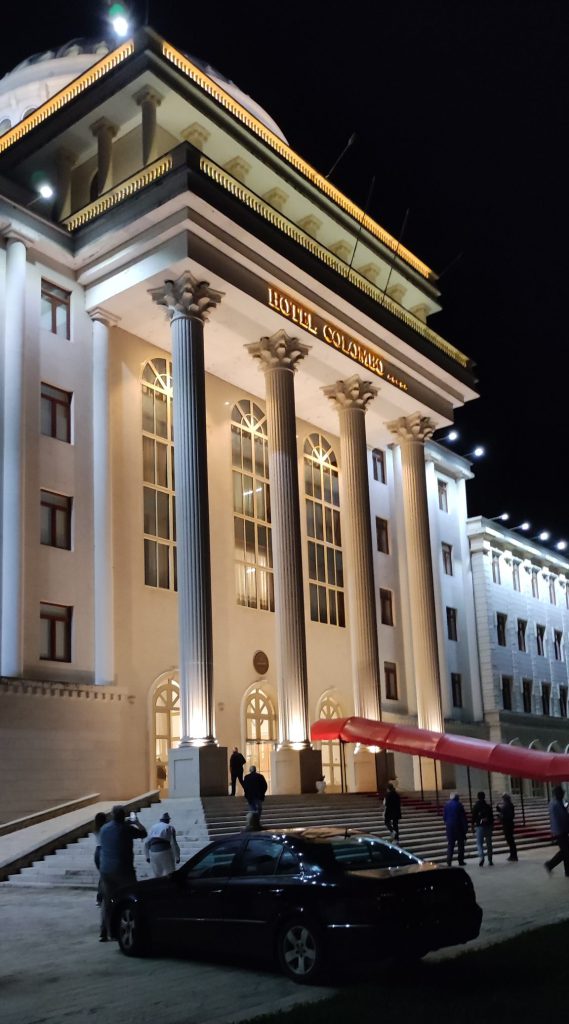
Originally the town’s university it has been converted into the four star hotel where, footsore after much trudging, we met the impressive mayor, Ervin Demo.
Oxford-educated, stocky, fluent and informal, Mr. Demo patiently fielded endless questions from the local TV station before questions from the AEJ, many about Berat’s and Albania’s economic future and still-awaited EU membership.
Mayor Demo explained Albanians had been thoroughly inoculated against ideological backsliding. Post-communist independent Albanians were fully committed to a market economy, democracy and its aspiration to join the European Union, he said. Despite a rocky start, Albanians enthusiastically set about building a democratic system which managed to survive dangerous rioting after the collapse of a “pyramid scheme”, a financial Ponzi racket scam in the late 90’s.
Albania has changed almost beyond recognition over the last few years. A construction boom has surrounded towns and cities with new housing, factories, hotels, supermarkets, flashing neon signs and used car lots while once sleepy coastal towns and villages now also boast kilometres of new hotels, restaurants, bars and apartment blocks. Tirana now straggles virtually all the way down to the port city of Durres.
Surging tourist revenues, especially in the last few years, together with remittances from thousands of Albanian workers in the UK and EU, and foreign investment especially from Italy have transformed the economy. So many younger Albanians left to work in the UK and EU countries that labour shortages are holding the economy back.
And many other problems – corruption and wide social and wealth disparity among them – remain.
On Saturday delegates headed to Vlorë University for the actual AEJ congress and welcome from Arber Hitaj, Isaia and the mayor of Vlorë . After two video messages from EU officials, Congress was treated to four first class briefings on the war in Ukraine, the impotence and cluelessness of EU diplomacy in the Balkans, and media freedom in the Balkans.
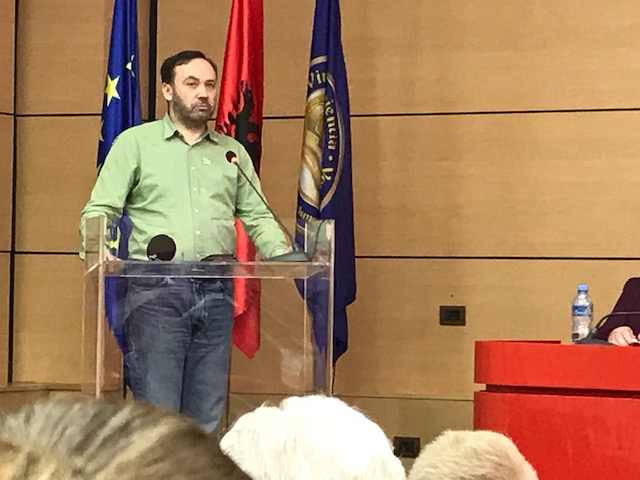
On the bloody war of attrition between Russia and Ukraine the guest speaker was former Russian politician Ilya Ponamariov. The only Russian Duma member to vote against the takeover of Crimea in 2014, Ponamariov now lives in Kiyv and stages guerrilla raids into Russian areas just over the border with fellow Russian opponents of Vladimir Putin.
Ukraine, he told his Congress audience, will continue to fight to free all its land, even if European and US supporters tire of the conflict. The war will not even end if Ukraine does manage to push Russian forces back across the frontier. The border between Ukraine and Russia would then become like the militarised border between North and South Korea. The war will only end after the removal of Putin and a change of heart and regime within Russia, he concluded.
More on Ilya Ponamriov from David Worsfold
Ponamariov’s sobering reminder of the complexity of conflict in this part of the world was echoed by the briefing from two Austrian Balkan correspondents on the glacial progress of negotiations for the eventual entry into the EU of Western Balkan states and Moldova.
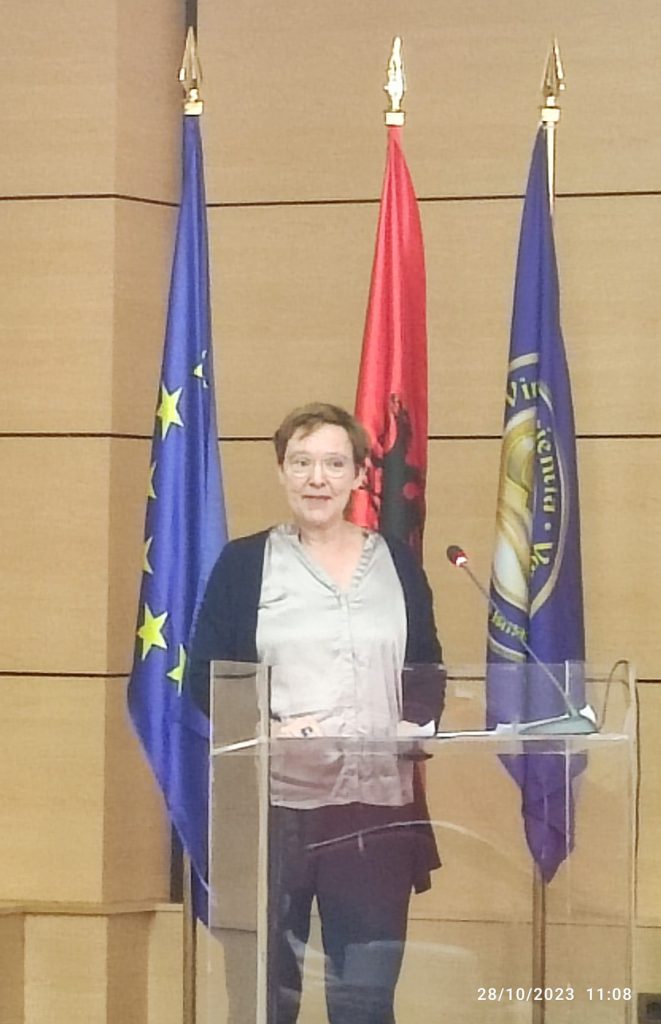
Adelheid Wolff, Balkan correspondent of Der Standard from Vienna, briefed on the EU’s failure to call the bluff of Serbia’s President Vucic and his malign influence undermining a fragile co-existence in Bosnia Herzegovina.
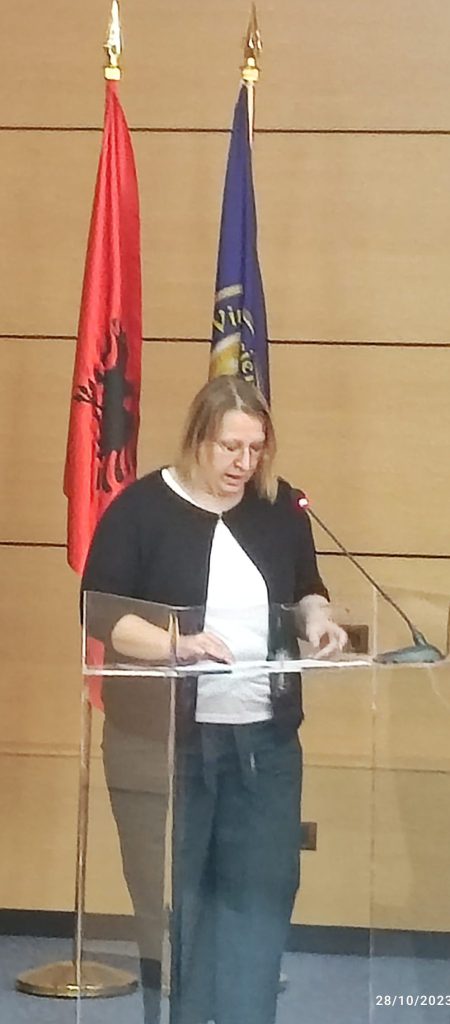
Kati Schneeberger of the Young European Federalists gave a detailed report on the stand-off between Serbs and ethnic Albanians in the grim frontier mining town of Kosovo Mitrica.
And Irina Nedeva, another excellent journalist and chair of AEJ Bulgaria, reported on the extent to which media freedom in the Balkans is being blocked by state capture and lack of solidarity between pressured and resource-starved journalists.
Congress moved on from the nitty gritty of EU/Balkan politics to a briefing on the universal dilemmas being unleashed by the rapid deployment of artificial intelligence (AI) from Llewellyn King of the White House Chronicle and a video presentation from Bill Stathopoulos CEO of Madbold. Chilling stuff, particularly the forecast by Llewellyn in a fluent presentation without notes that AI would cause the loss of up to 300 million mainly low skilled and low paid repetitive jobs worldwide with unpredictable but dire human and political consequences.
The final presentation opened a door on the wide and recently dramatic issue of cultural legacy – in this case a peek into the longstanding controversy about the rightful and proper location for the Elgin Marbles, the Parthenon Sculptures – in the British Museum since 1816.
Alexandra Pistofidou, founder and president of the Austrian Committee for the Repatriation of the Parthenon Sculptures and executive board secretary of the International Association for the Reunification of the Parthenon Sculptures – perhaps not surprisingly given her role in the international campaign – presented the argument that they should be returned to Athens, a request officially made by Greece in 1983 to the UK government and currently the subject of discussion between the two governments and the British Museum.
The Parthenon Sculptures at the AEJ
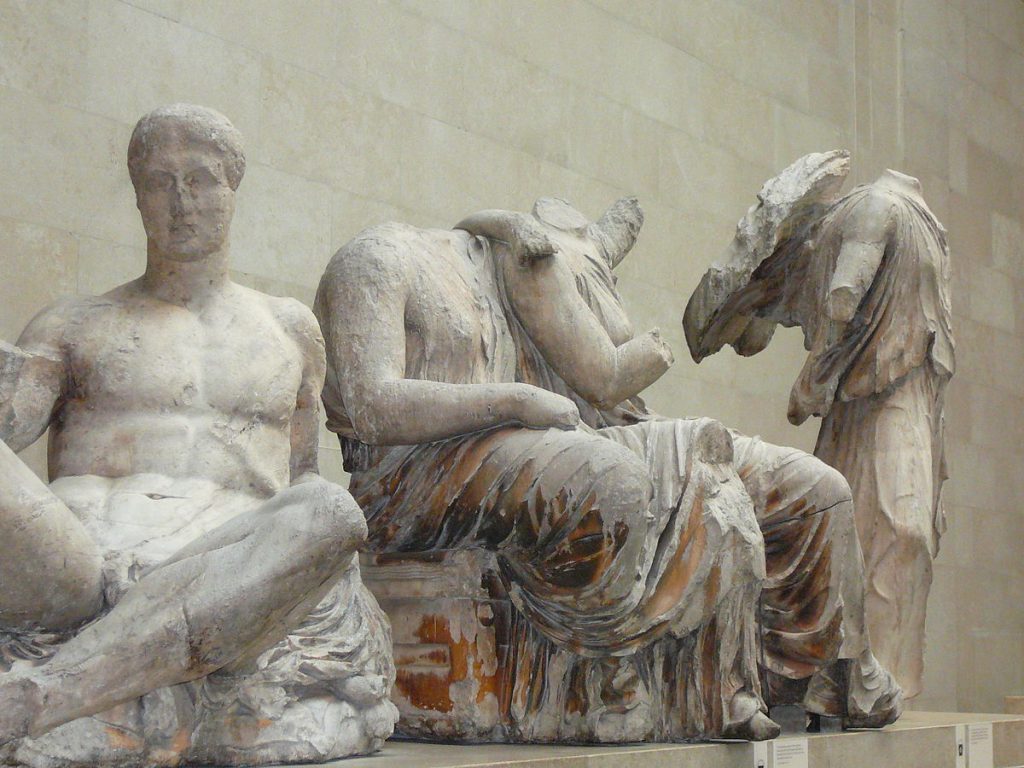
Thanks to our hosts, the pioneering Albania Congress ended on a lighter note with yet another excellent dinner before we all repaired to the rooftop bar high above the twinkling lights of Vlorë Bay to dance, drink and applaud a group of young dancers who twirled like whirling dervishes to Albania’s oriental-sounding traditional music.
All in all it was a very enjoyable and informative Congress. Thank you to everyone who made it possible.
AEJ International Congress photo gallery
